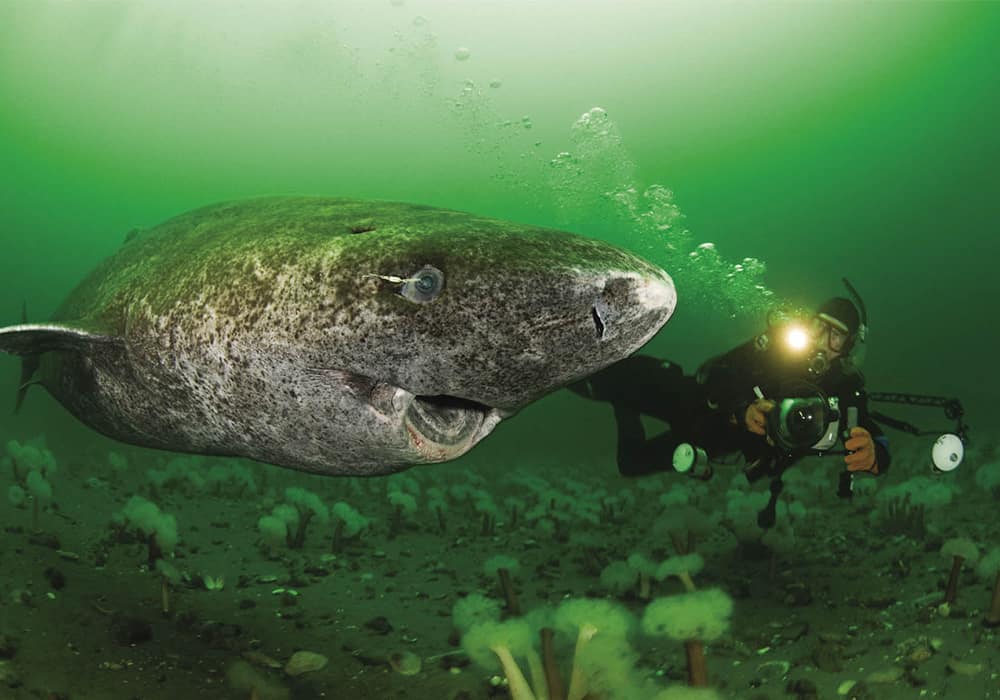While we all love the average pet in our household, there is a good shot that they will die years before you do. It is common for animals to die before us. However, there are a number of exceptions to the rule. In fact, some of the longest-living animal species on the planet can live decades longer than a human can. The oldest human being recorded in biblical history, Methuselah, was 969 when he finally passed away. The Bible, as well as the Torah and Qur’an, are filled with stories about people living for hundreds of years. However, there are very few first-century historians, and those we do have never seemed to mention most religious figures.
Therefore, we do not go off of these people for maximum human lifespan possibilities. Instead, we go off of the actual data from recorded knowledge. Thus, the oldest human ever was much younger than those from religious texts. The oldest human ever recorded is a French woman named Jeanne Calment. She lived from 1875 to 1997 and managed to age to 122 years, 164 days. To be honest, there are countless examples of animals that have lived longer than this. We’ll be going over a lot of examples of this below. A few things to keep in mind. This list will strictly involve those that can be considered actual animals and not plant-like beings. If it has a cell wall, vacuoles, and chloroplasts, then it’s a plant. If it does not give off carbon dioxide but absorbs it, then it’s a plant. All other beings are considered animals according to science. Oh, and we are not including humans for obvious reasons.

40. Elephants
Average Lifespan: 50 to 70 Years
There are two main types of elephants found on the planet today, but both are among the longest-living animal species on Planet Earth. That is the classic African Elephant and the other is the Asian Elephant. Both have different lifespans technically. Asian Elephants usually live up to their 60s while African Elephants can live significantly longer at up to 70 years of age.
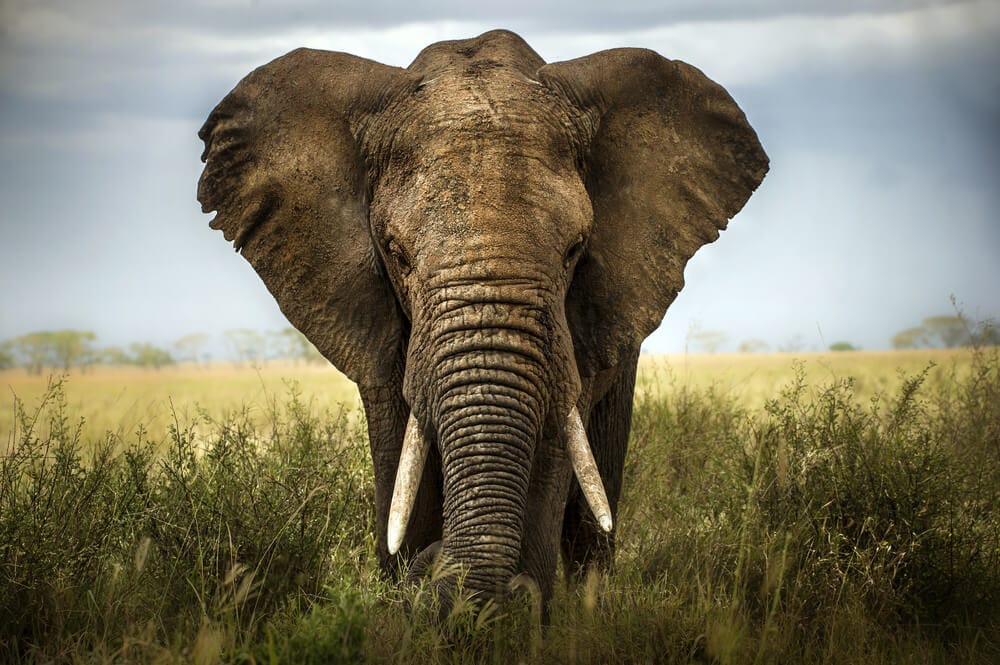
Some exceptions can be seen with African Elephants living longer. However, the biggest exception to the normal lifespan is an elephant by the name of Lin Wang. He was born in 1917 and died in 2003. This allowed him to become the oldest elephant in history at the age of 86 upon his death. Very few elephants have even barely passed the 70-year mark, so this is considered to be one of the most amazing animal lifespans ever.
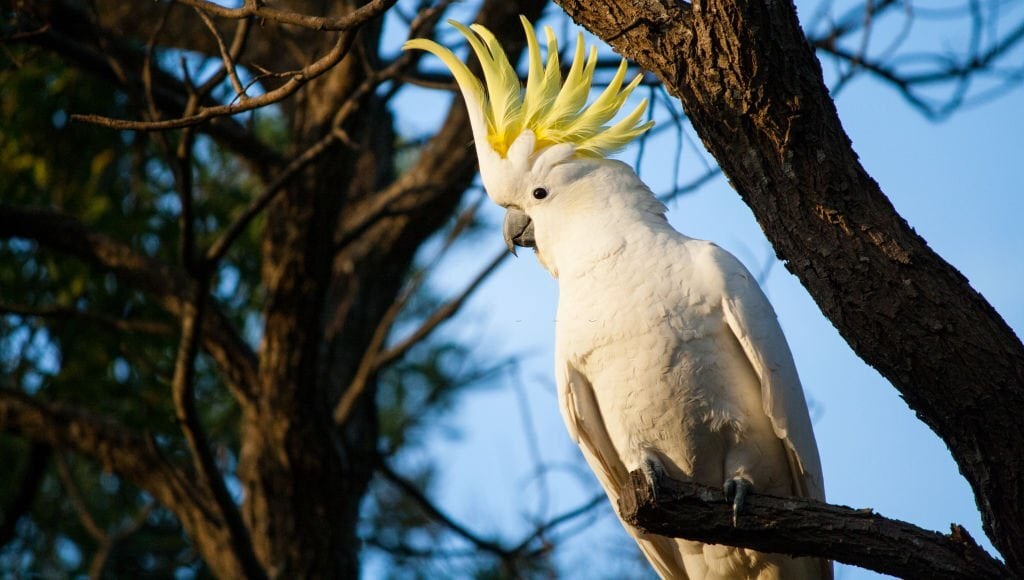
39. Cockatoo
Average Lifespan: 50 to 70 Years (in captivity)
Cockatoos are impressive birds that are considered some of the most intelligent in the animal kingdom. There are quite a number of types you might see. However, what differentiates this bird from others is the big plume you’ll see on their heads. It is not always present but will be seen if they are riled up enough or for mating purposes.
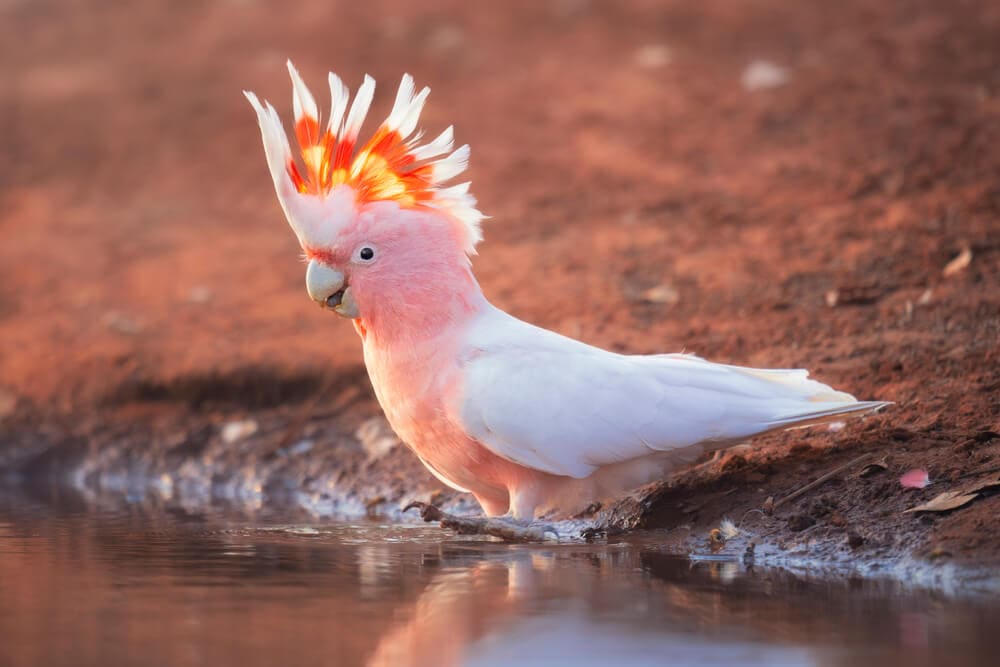
This plume sort of looks like a 1950s hairstyle some men had in the United States at the time. Their average lifespan tends to be 50 to 70 years. There are some exceptions to this rule, such as the case of Cookie the Cockatoo. She was born in 1933 and passed in 2015. This allowed her to reach the exceptional 82-year mark. Cockatoos make amazing pets but you should not expect them to reach Cookie’s level of life.
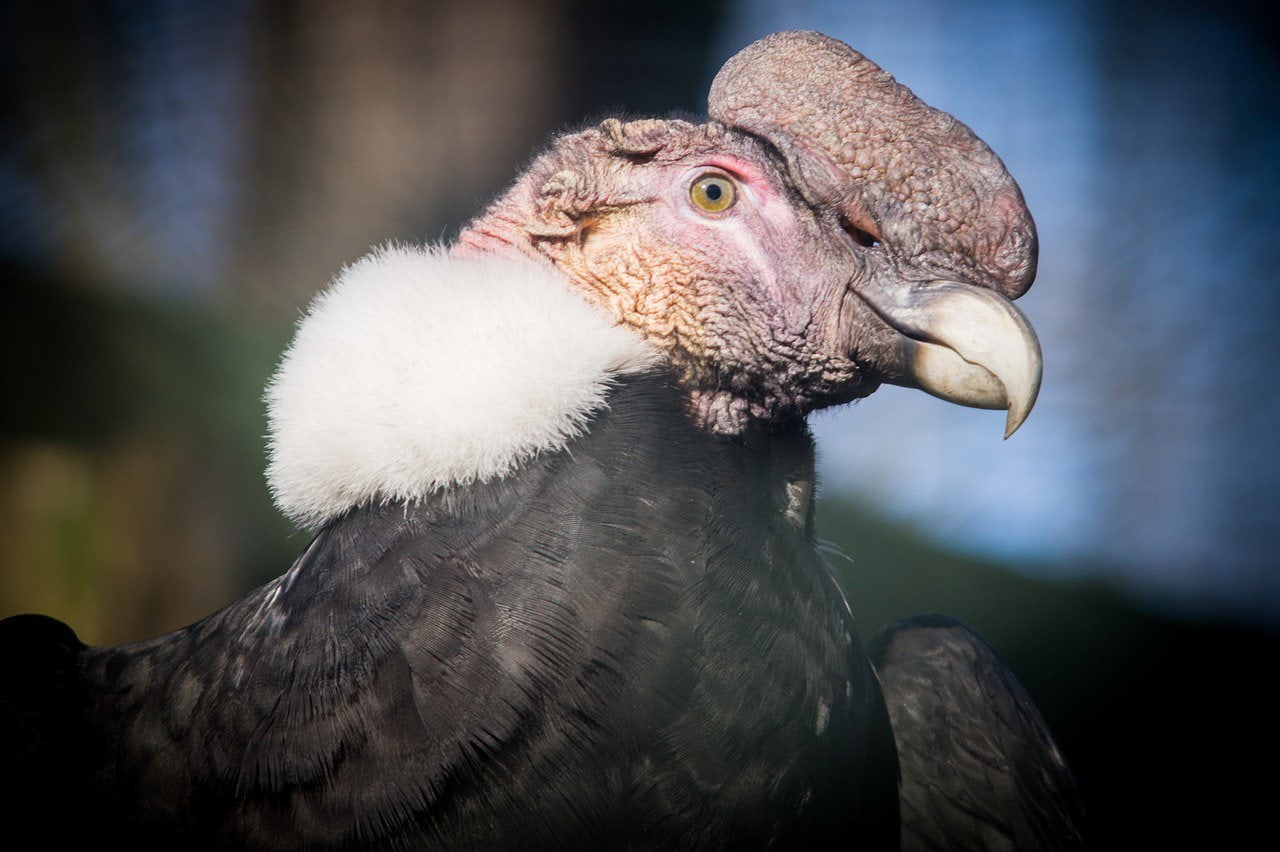
38. Andean Condor
Average Lifespan: 60 to 70 Years
The Andean Condor is yet another impressive bird species that are among the longest-living animal species on the planet today. They are among the largest birds on the planet, having a wingspan that is only behind the Wandering Albatross in terms of size. The largest bird species in the world, the California Condor, is only slightly larger.
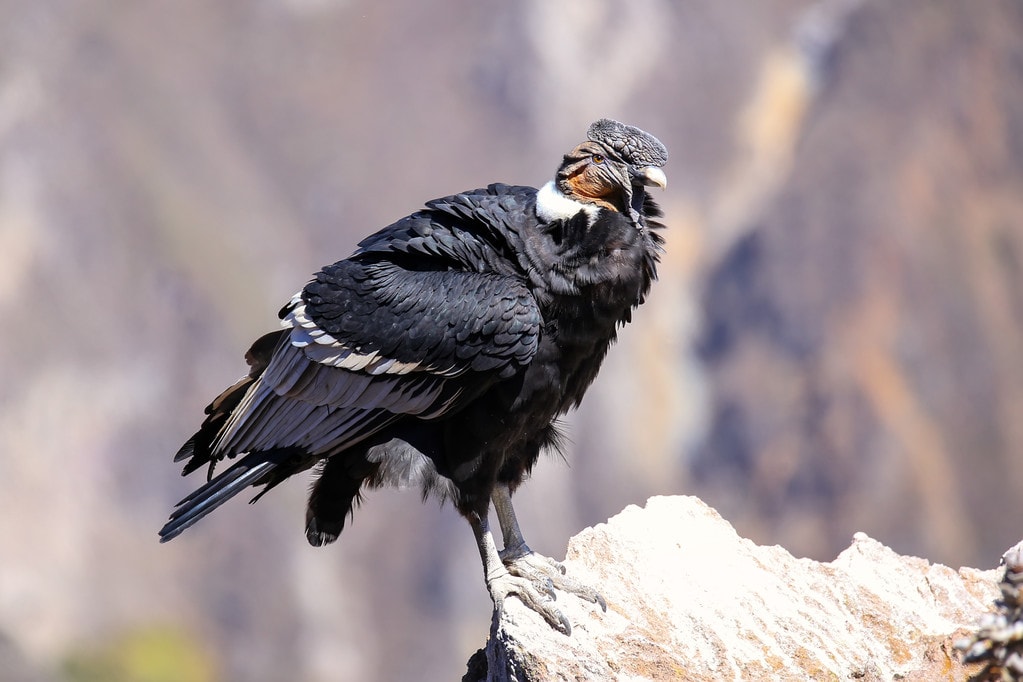
This Condor species is native to South America and preys on dead animals, considering it is part of the vulture family. Their lifespan typically reaches 60 to 70 years. The most notable exception to this was Thaao, who had been a resident of Connecticut’s Beardsley Zoo for 17 years. He lived to 80 years of age, but it seems that more of this family of birds are living longer. We’re seeing more and more reports of condors passing 70 years of age. So far, no one has broken Thaao’s record.
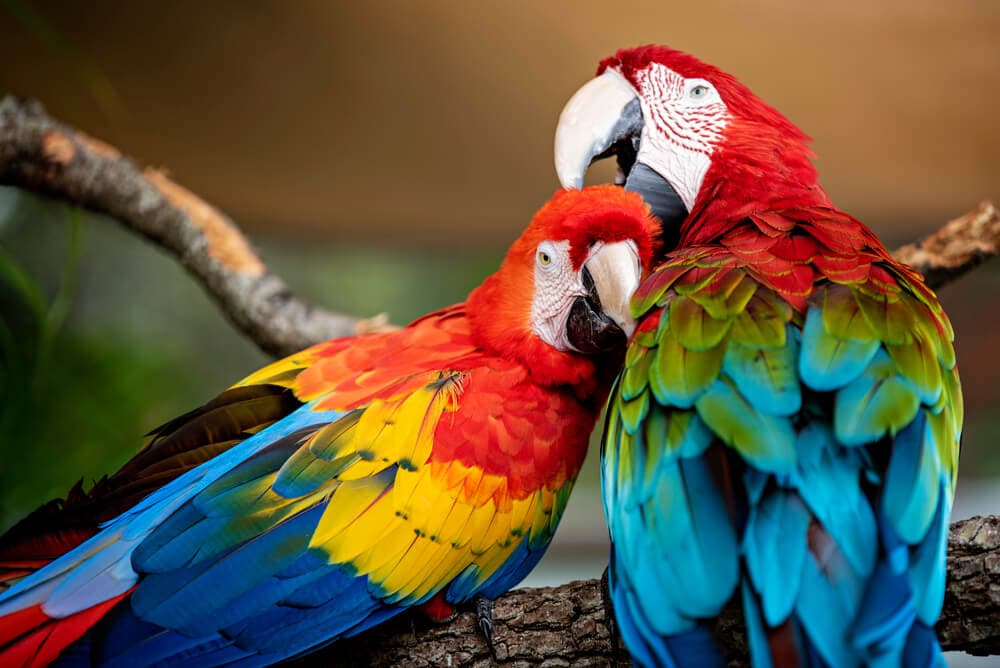
37. Macaw
Average Lifespan: 60 to 80 Years
The Macaw birds are some of the most beautiful you’ll ever see. They are among the longest-living animal species in the world today. Macaws also have the longest lifespan of any bird species, likely due to so many growing up in captivity. They are notable for being the largest parrot species in the world today. Macaws are mostly native to North & South America, but they can be seen in homes or zoos all over the world.
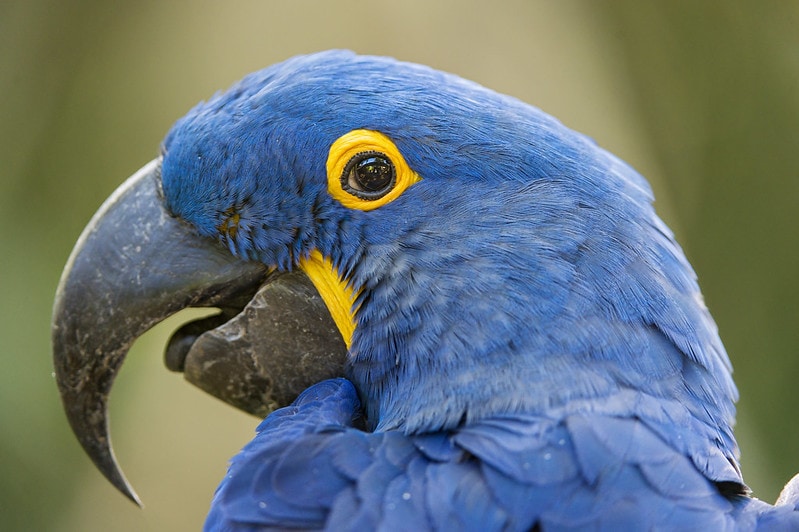
They are known for being very colorful birds in both appearance and attitude. Due to being a parrot, they can mimic human sounds. The average lifespan of the Macaw is 60 to 80 years but there is one very notable exception. Her name is Charlie and she actually once belonged to Sir Winston Churchill. Born in January of 1899, Charlie is still alive today. That makes this Nazi-hating bird 120 years old! Charlie is incredibly foul-mouthed just like her former owner, which is absolutely hilarious!
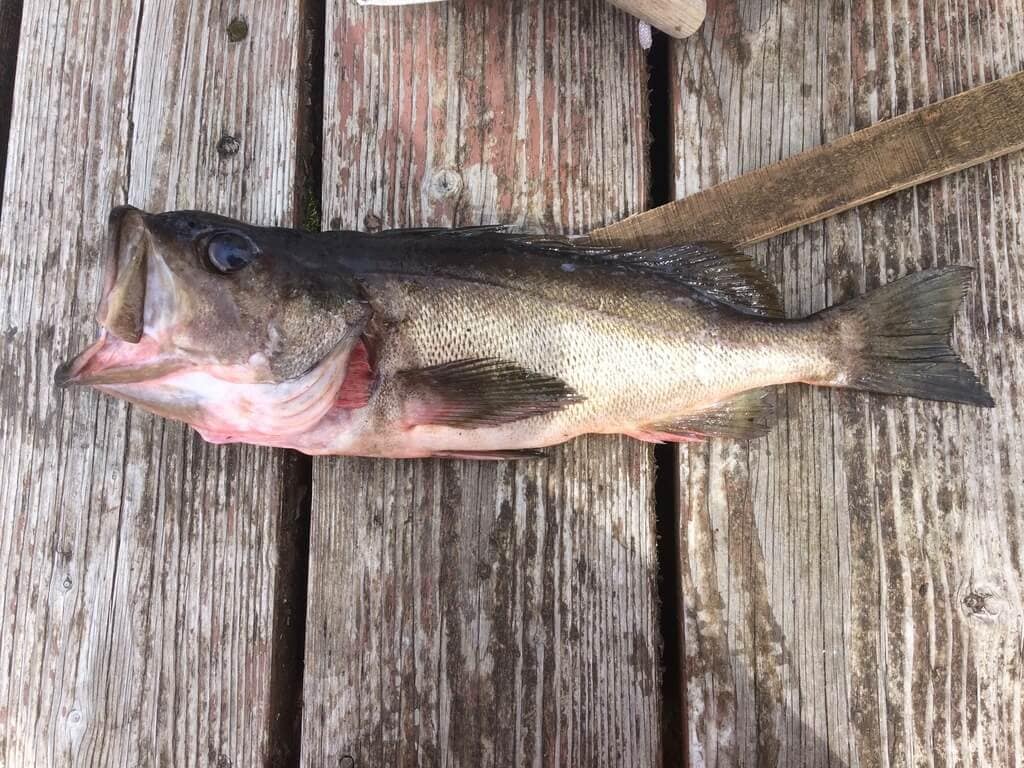
36. Silvergray Rockfish
Average Lifespan: 75 to 82 Years
Rockfish overall is some of the longest-living animal species on the planet, which you will come to find out soon in our article. The one that seems to live the least amount of time is the Silvergray Rockfish. They tend to live as long as many humans in an age range of 75 to 82 years. They are native to North America, particularly in the cooler environment found between Oregon and Alaska.

The species also can be found off the shores of Canada sometimes as well, due to being native to the upper United States. Rockfish have been caught and eaten so often in the area that several rockfish types, in general, are considered to be endangered. Although the Silvergray was not included in the endangered list of rockfish, it could reach this one day.
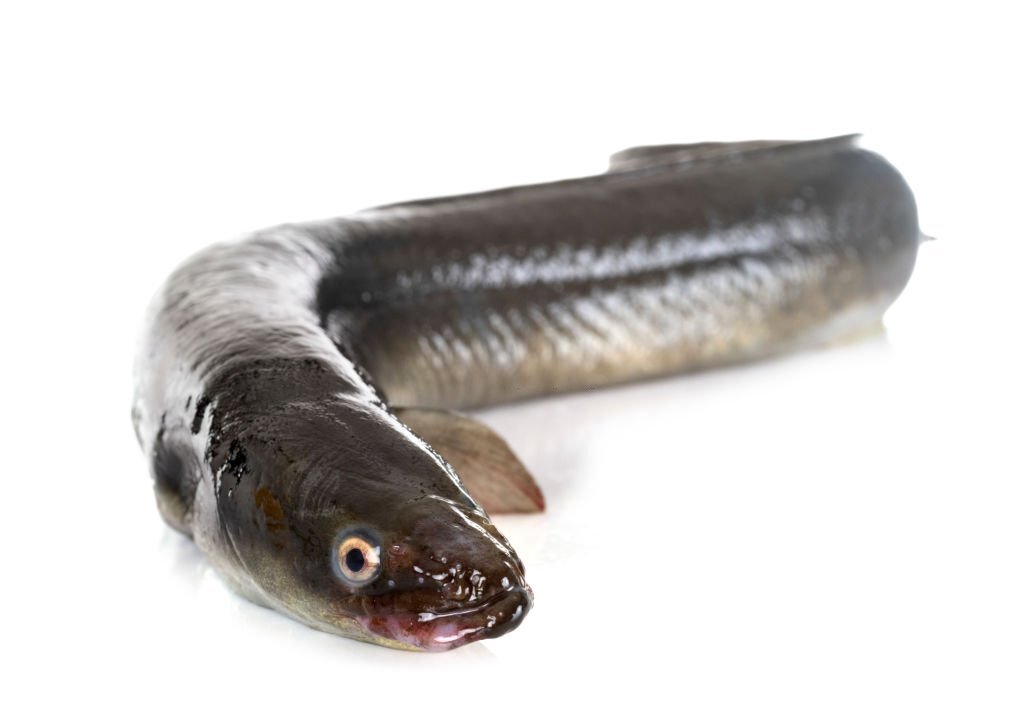
35. European Eel
Average Lifespan: 70 to 85 Years
Eels are considered to be some relatively dangerous animals for many fish species to deal with. They are snake-like animals with a pretty good bite. Unlike its cousin the electric eel, the European Eel does not have a shock to keep predators away. It is one reason why this species of eel has been hunted by humans as an important source of food for centuries.
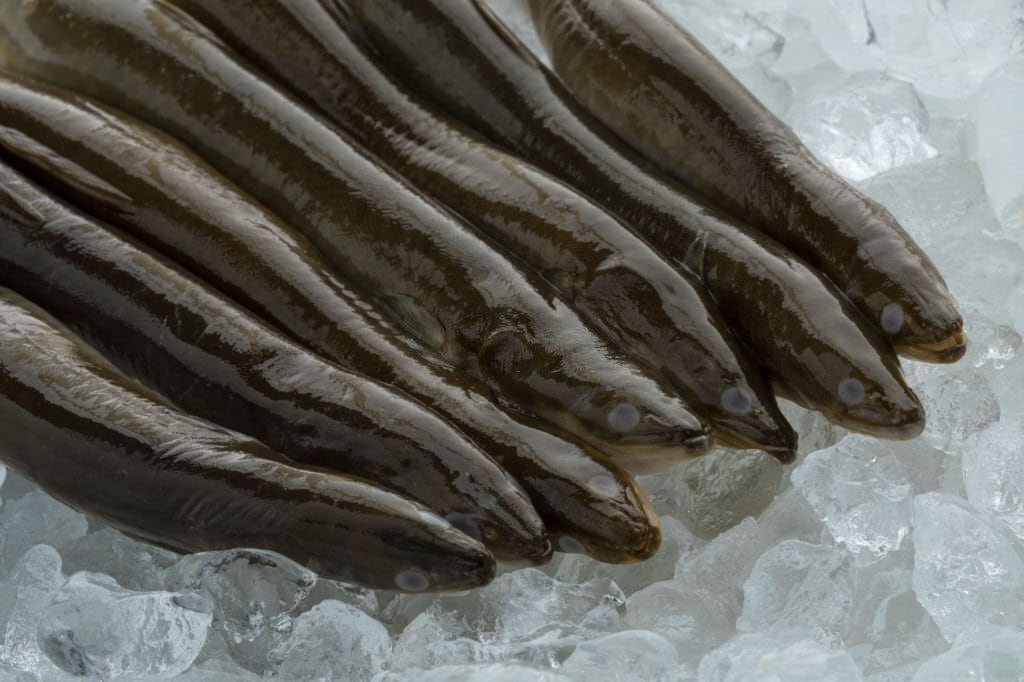
The population of European eel has decreased by 90% due to overfishing and parasites they contract. Numbers as high as 98% have been mentioned, making this eel species critically endangered. They can live up to 85 years or so in the wild but when in captivity, they often reach 55 years old. There is one major exception named The Local which actually lived up to 155 years old. It lived in a family’s well in Sweden the entire time!
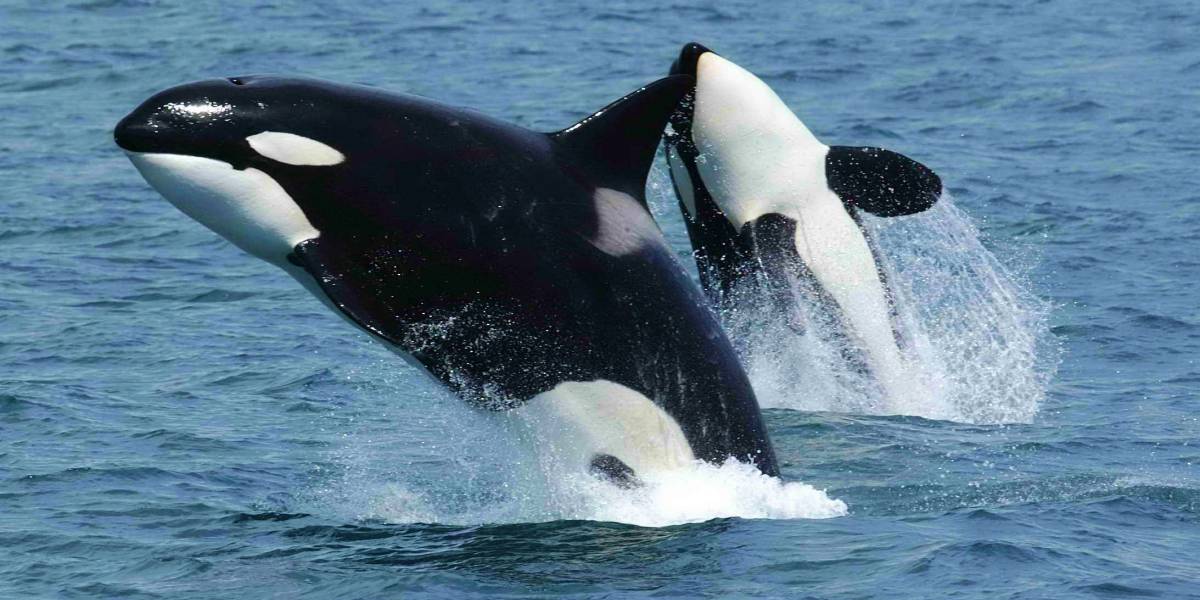
34. Orcas (Killer Whales)
Average Lifespan: 70 to 95 Years
Orcas are absolutely beautiful and belong to the whale species. In the wild, these whales have been known to attack pretty much anything. This includes humans, which resulted in Orcas receiving the “Killer Whale” moniker. However, they could not be better animals for the most part. In the wild, the Orcas tend to live 40 to 60 years. In captivity, that number can reach much higher.
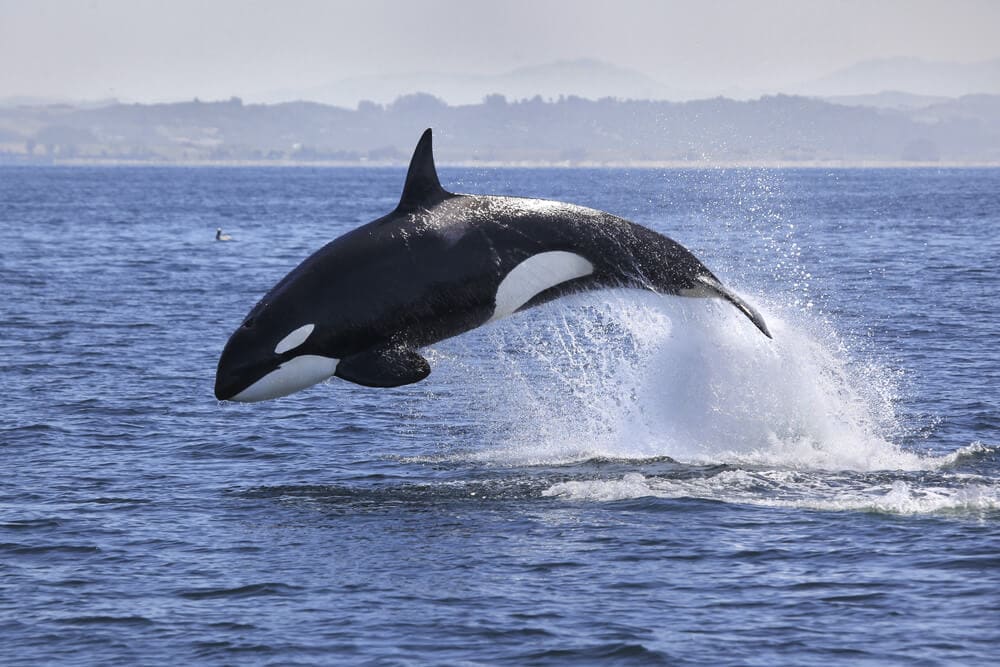
Controversially, Orcas found at Seaworld live shorter lives than even in the wild. Premature deaths at Seaworld have Orcas passing at 19 to 30 years of age. Meanwhile, in proper captivity, they live anywhere between 70 and 90 years of age. There are some notable exceptions such as the Orca known as Granny, who went missing in late 2016 and is presumed to be dead. If she is, she would have passed at 105 years old. Although her age has been disputed for years.
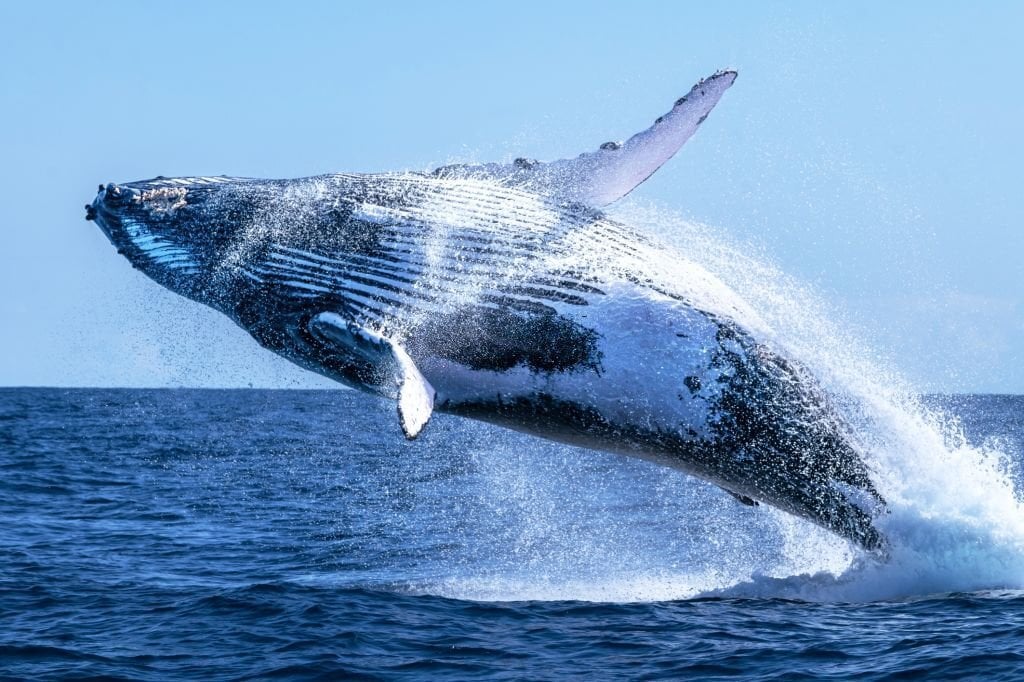
33. Humpback Whale
Average Lifespan: 50 to 100 Years
The Humpback Whale is known for its “song” of sorts, which allows it to communicate with other whales. This can last 10 to 20 minutes or even hours, depending on how the whale feels. These whales are some of the longest-living animal species found on the planet today. They’re often seen by “whale watchers” all over the oceans bordering North America.
However, they are found all over the world, including in oceans bordering Asian nations. These whales are also well-known for their intelligence, making them some of the smartest animals in the world today. They last in the wild at a massive range of ages too. It is typical for the average humpback to last from 45 to 100 years of age. In the wild, humpback whales typically feed on smaller animals like krill, plankton, and small fish. In captivity, they might be able to surpass the 100-year mark
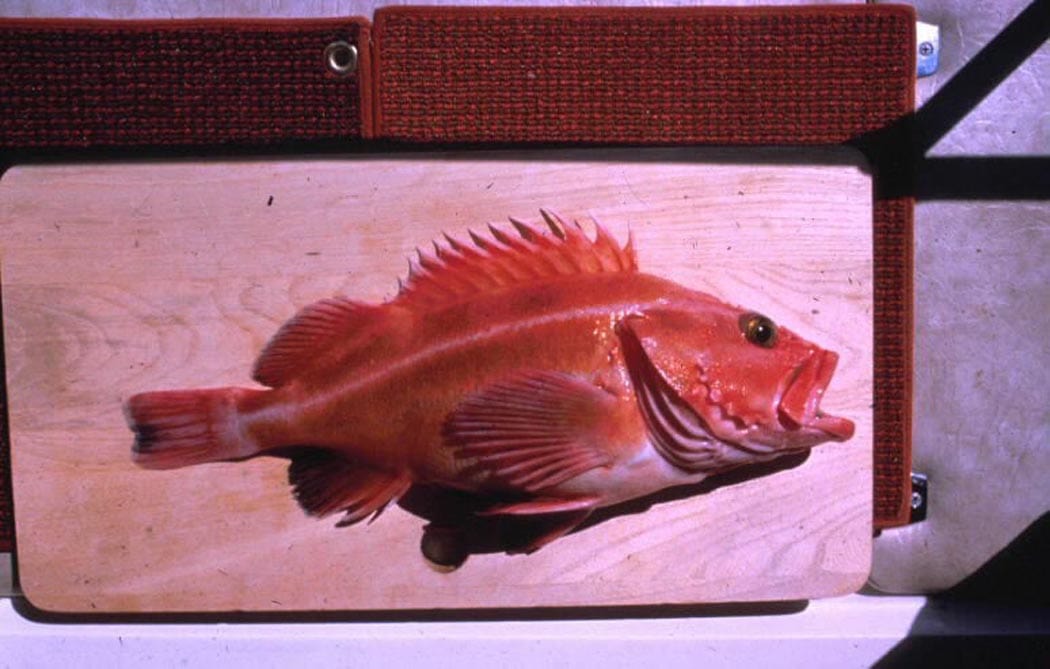
32. Yellowmouth Rockfish
Average Lifespan: 90 to 100 Years
Like other rockfish, the Yellowmouth has been around a long time but has been slowly becoming endangered due to mass fishing in its native area. This rockfish is often found in the Pacific Ocean nearest North America. A classic places to see them hunted had been Alaska, Washington, and Oregon. They’re also spotted often by Canadians.
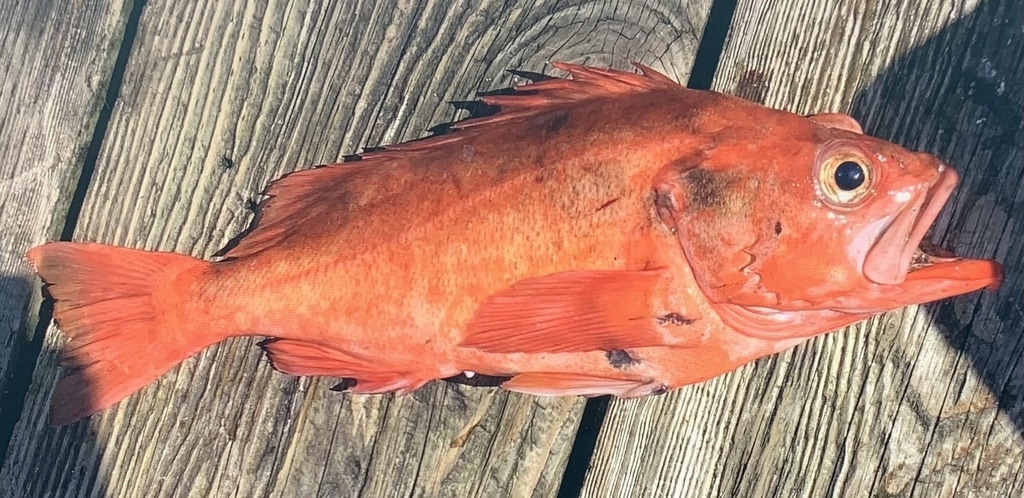
Due to the population of this rockfish going down so much but a need to allow it to be caught for commercial fishing, an allowance was added for catching them. Currently, only 2,444 per year can be caught according to a law passed in British Columbia. If allowed to live in peace in the wild, they can live between 90 and 100 years. There are very few exceptions to this rule but it is possible that one in captivity could live longer.
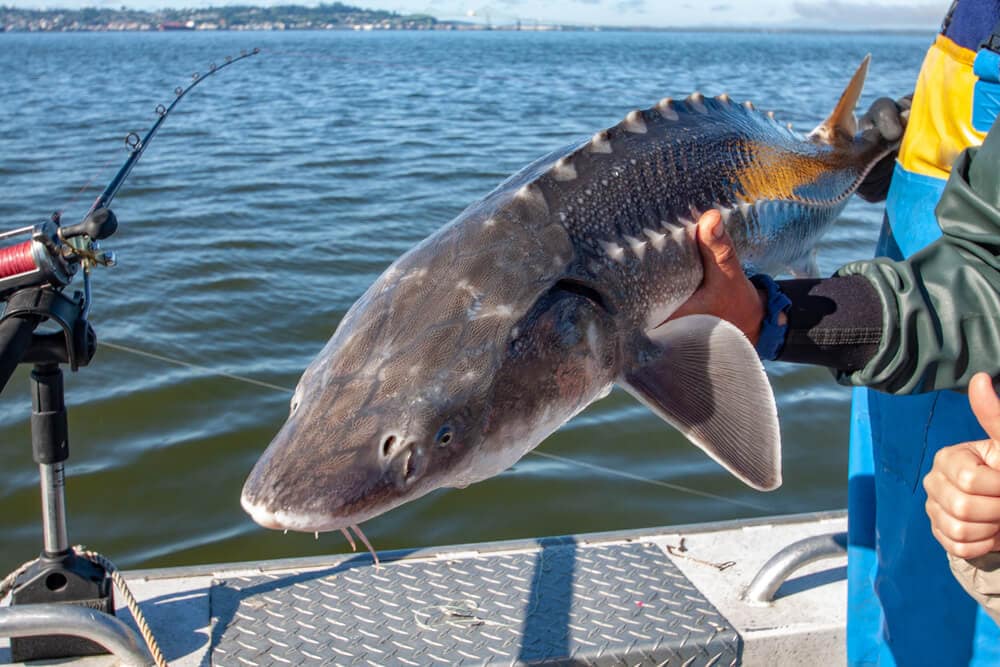
31. White Sturgeon
Average Lifespan: 70 to 104 Years
The White Sturgeon are often referred to as “the old man of the sea.” They’re actually the largest freshwater fish species in the world. They’re often found in the Eastern Pacific region from the Gulf of Alaska to Monterey, California. Interestingly, some are actually landlocked in the Columbia River Drainage in Montana as well as Lake Shasta in California. Yet they have also been found in places like Baja California, Mexico.
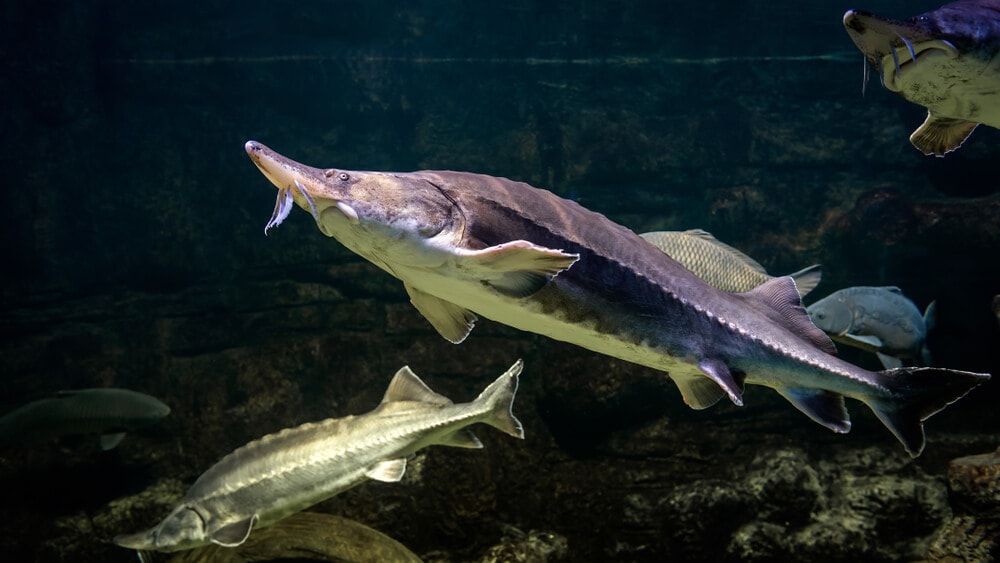
The Sturgeon species overall is pretty impressive but the Whites have been around an incredibly long time. The species managed to live among the dinosaurs. Due to being a sea species, they survived the Ice Age and evolved to live into today. Sadly, they may not survive much longer as humans have put them on the endangered species list due to being a popular fish to catch and eat. Left alone, they tend to live 70 years on average but the oldest on record lived to 104 years!
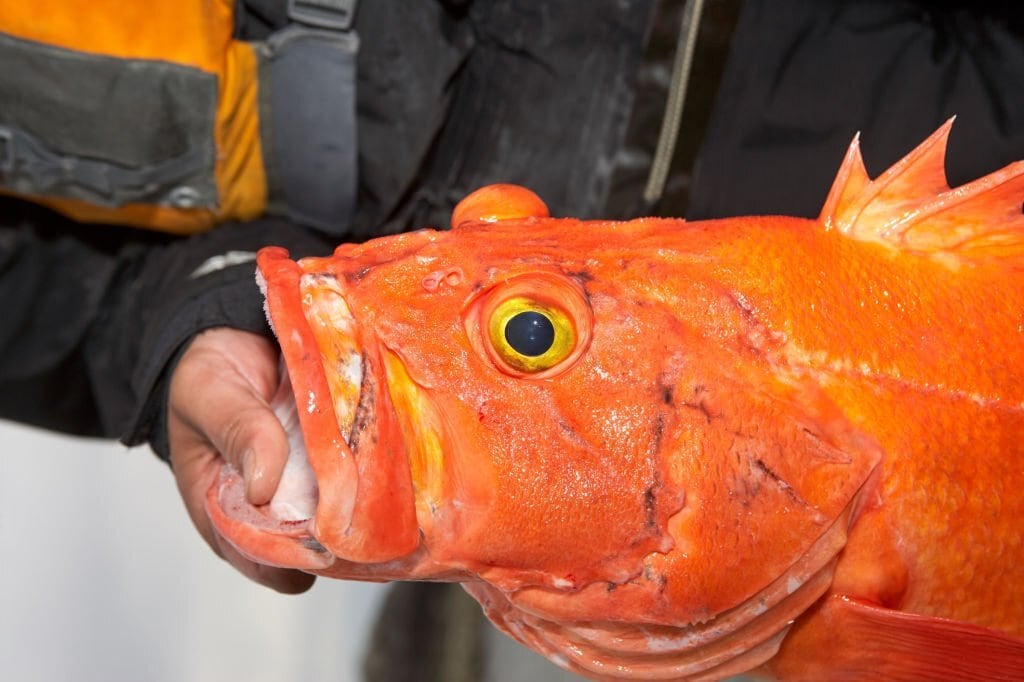
30. Redbanded Rockfish
Average Lifespan: 70 to 106 Years
Redbanded Rockfish are yet another long-living rockfish species. Unlike some of the others in their species, however, they actually take around 3 to 19 years to mature, depending on where you find them. The females actually grow larger than the males too. The Redbanded Rockfish is notable compared to others in the species as its appearance has given it a very big distinction.
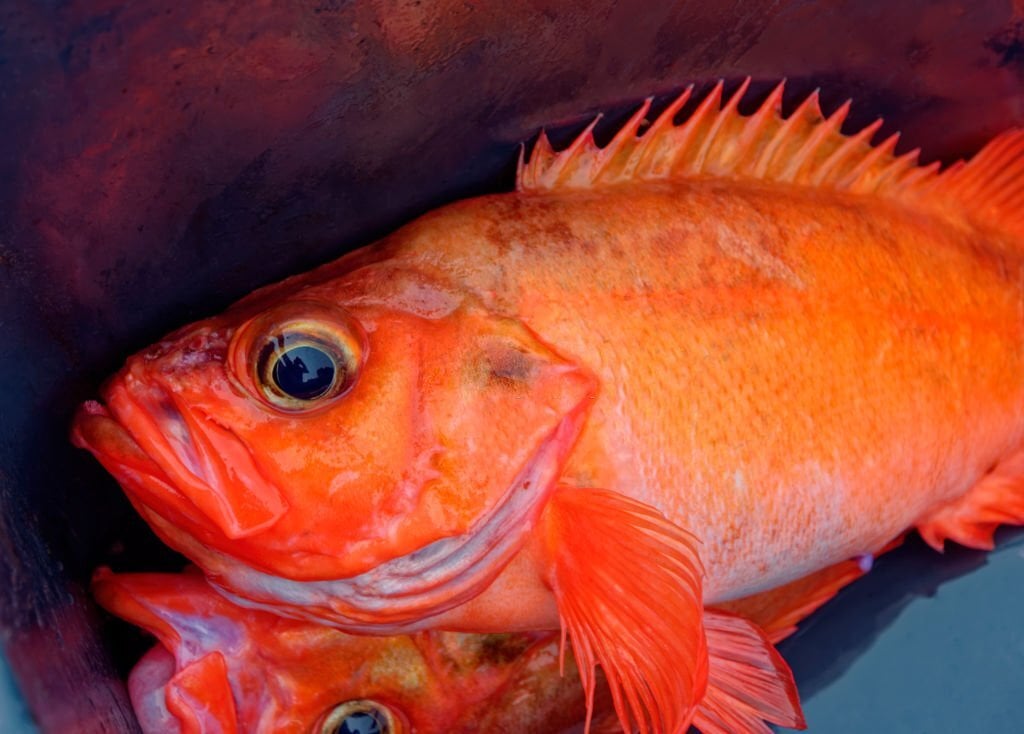
If you assumed it was red, this would be partially right. They usually have white, pink, or red in color with four vertical red or orange bars. The bars actually fade significantly as the fish grows, and they end up developing a spiny head. You can find them in British Columbia and upper areas of the United States. The fish tends to live 70 years or so with the oldest on record reaching 106 years of age.
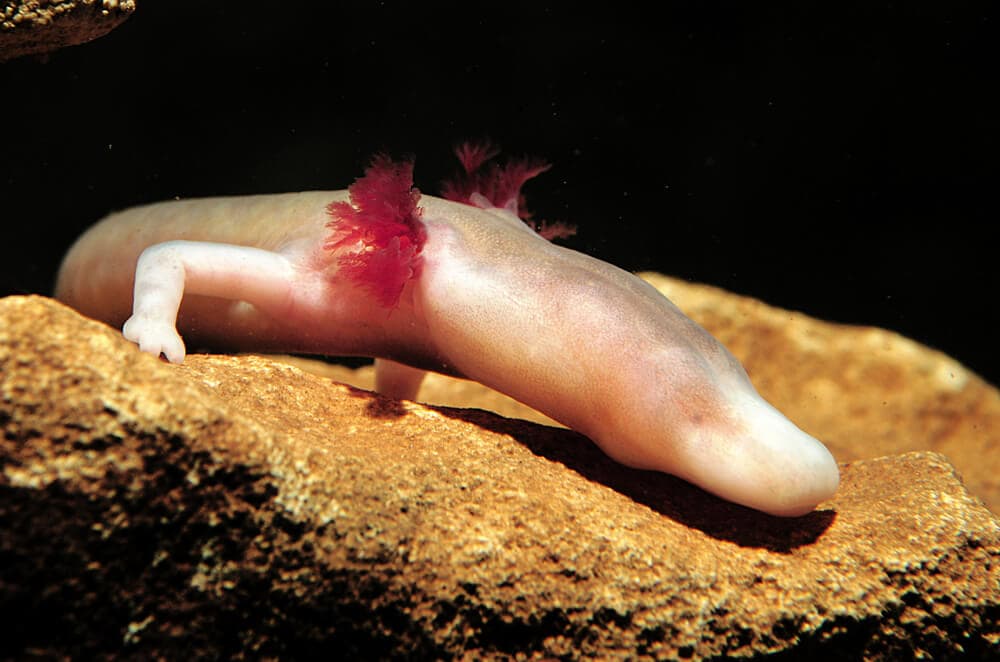
29. Olm
Average Lifespan: 65 to 110 Years
The Olm is quite a unique animal that many may never have seen or heard of. However, if you’ve ever visited a cave in Europe, then you may have come across them. They’re actually salamanders but unlike others from this family, they are entirely aquatic just like a fish might be. They eat, sleep, and even breed completely underwater. Thus, they rarely come out of it.
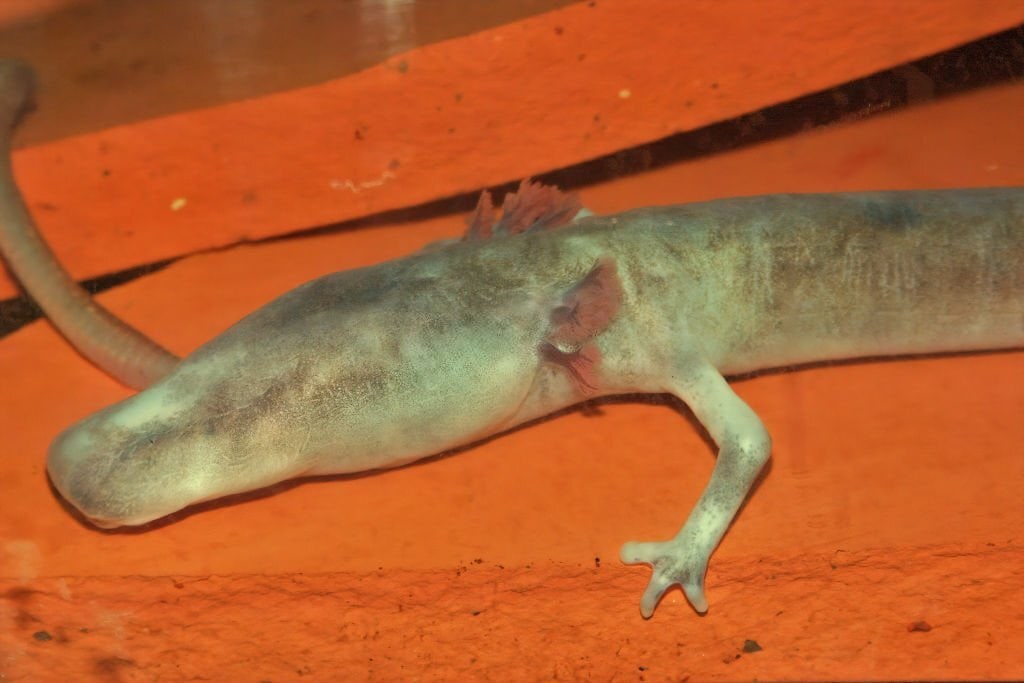
Due to living in places like caves, they have quite a fleshy look about them. It has even gotten the nickname of being called a “human fish” by locals due to the color it has. Due to where it lives, the Olm has not evolved to need sight. That means their eyes are underdeveloped, leaving the entire species completely blind. Yet their other senses are spectacular! They also seem to live quite long, with an average lifespan of 65. However, there are several reports of them living well past 100 years.
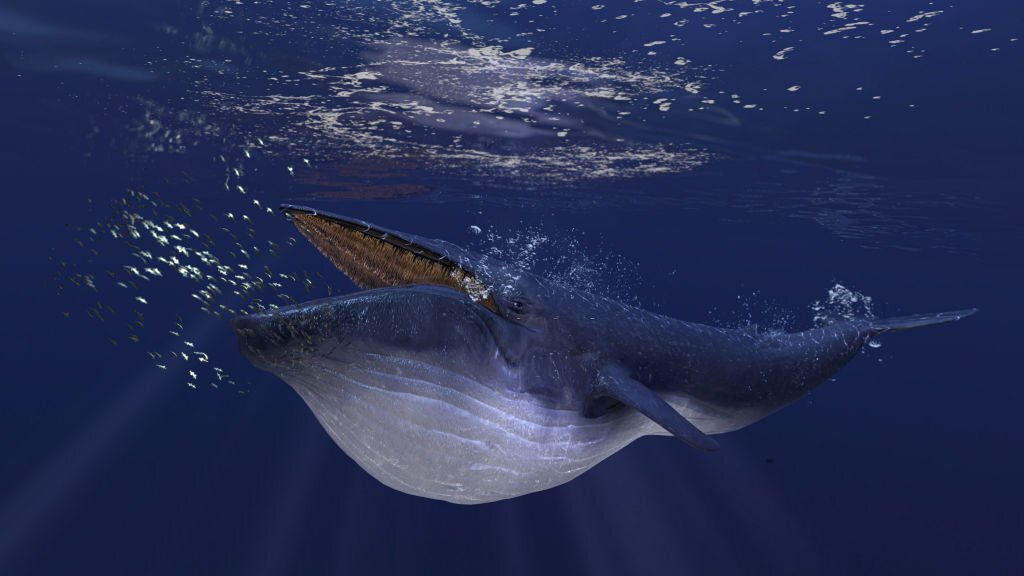
28. Blue Whale
Average Lifespan: 80 to 90 Years
The Blue Whale is the largest animal on the planet and may very well be the official largest the Earth has ever known. They are usually 80 to 100 feet in length with the largest on record reaching 108 feet! To understand their size further, their hearts alone are 5 feet long, 4 feet wide, and 5 feet tall. It even weighs 400 pounds and the beat can be detected as far as two miles away!
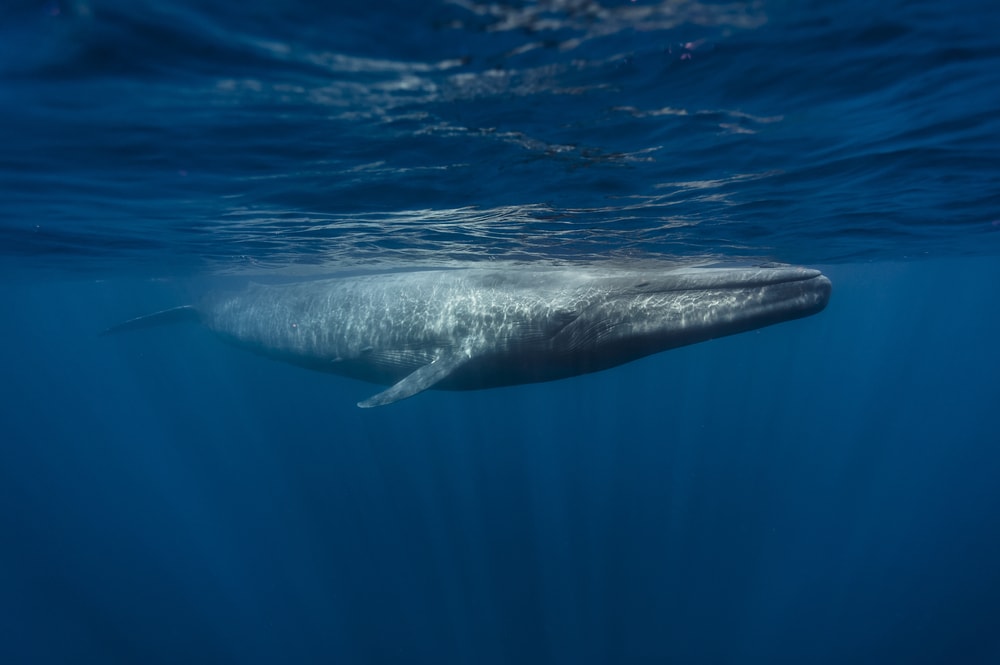
The typical Blue Whale in the wild lives an incredible 80 to 90 years but it could be longer in captivity. It is among the longest-living animal species of great size, only behind other whales. The oldest on record we know about is 110 years. Sadly, due to whale hunting, the species became endangered. Whaling is no longer happening, but the Blue Whale population has been slow to bounce back.
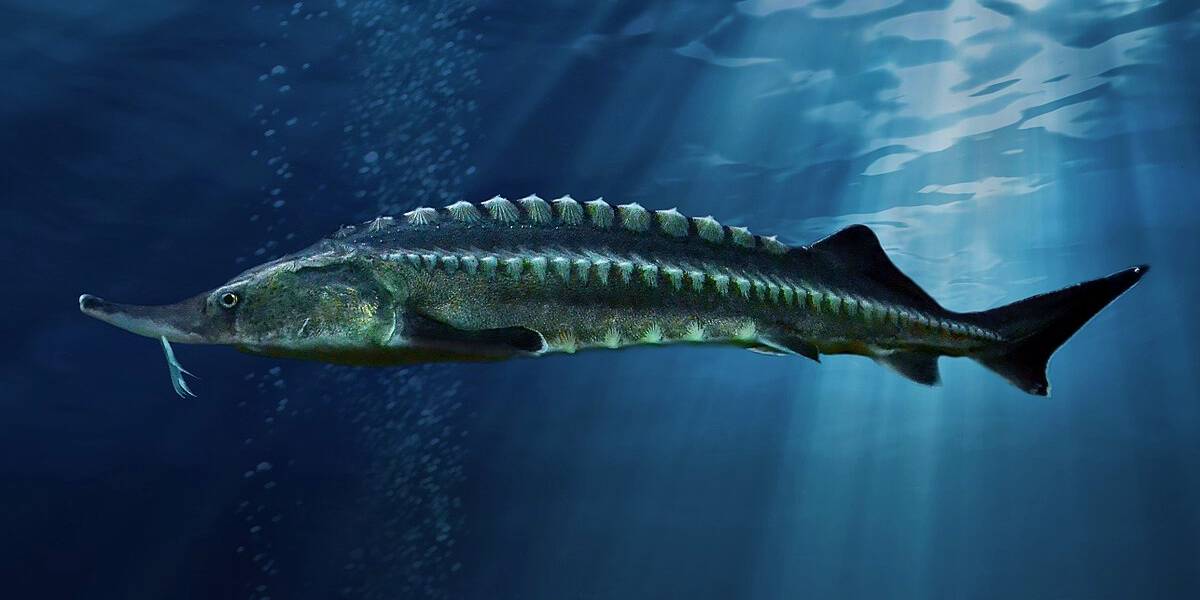
27. Beluga Sturgeon
Average Lifespan: 100 to 118 Years
The Sturgeon family of fish are well-known to North American people. However, Europeans have a type from this same family that is relatively popular. Often called the “European Sturgeon,” the Beluga Sturgeon can typically be found in the Caspian & Black Sea basins, even showing up in the Adriatic Sea on occasion too. This fish is most famous for the eggs the females produce as it is used for the famous Beluga Cavier.
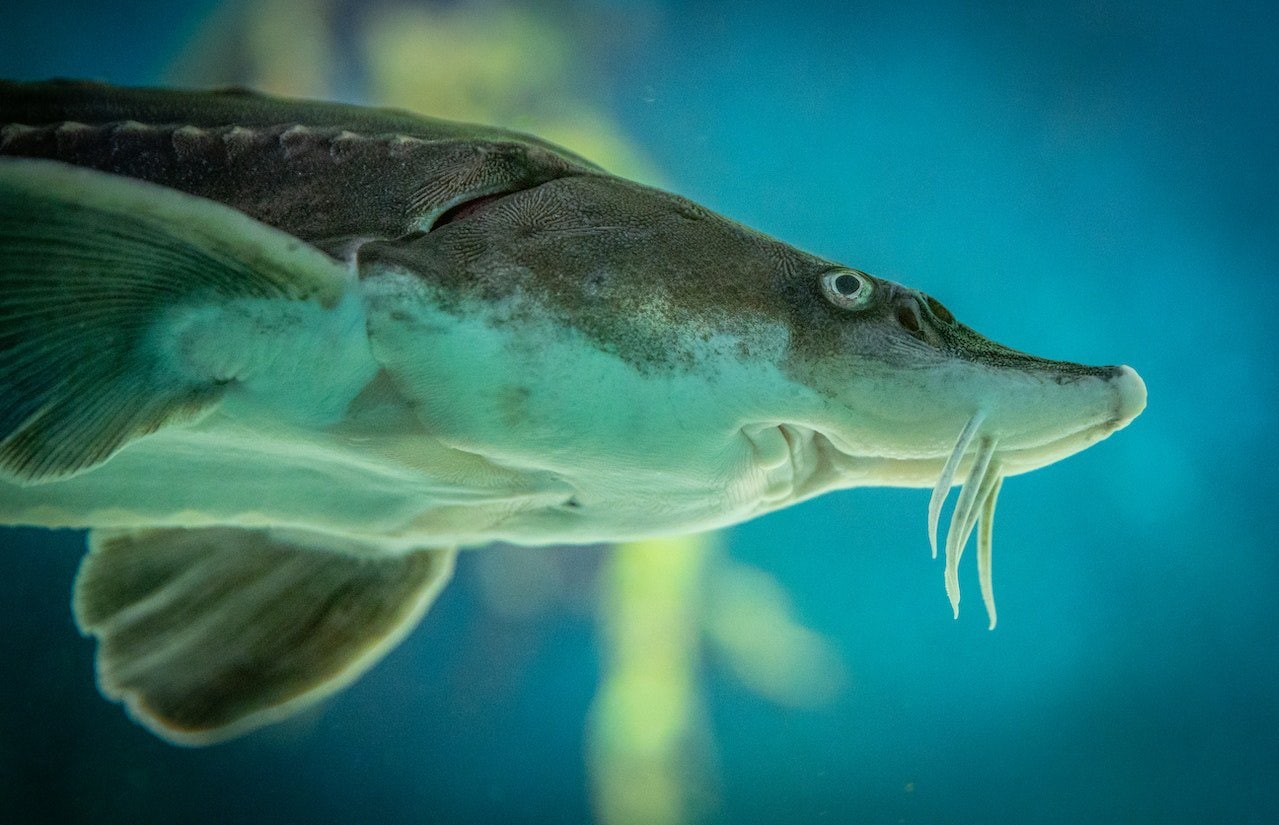
The Beluga Sturgeon is currently the second-largest living species of bony fish only behind the ocean sunfish. Due to the issue of eggs being taken as well as commercial fishing, the Beluga Sturgeon has become endangered. This caused multiple European governments to enact restrictions on its trade and use. They live for a very long time when not hunted, often living to 100 years. The oldest on record, however, made it to 118 years of age.
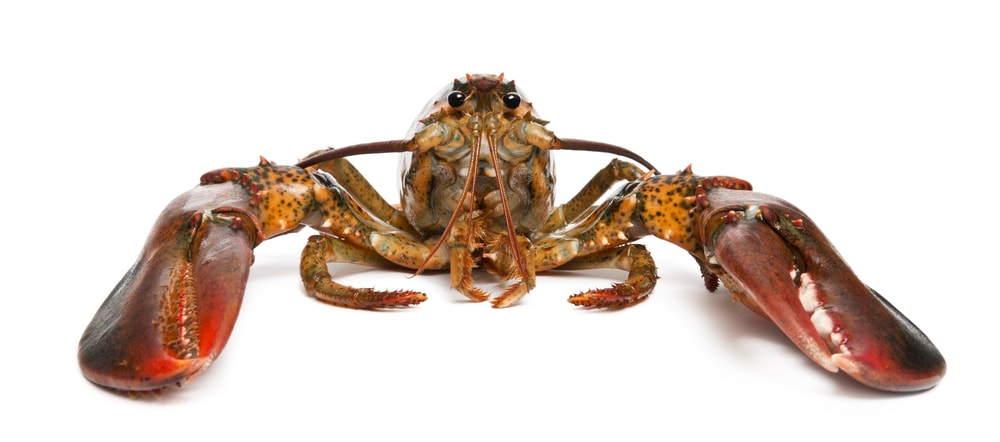
26. American Lobster
Average Lifespan: 40 to 120 Years
There are a lot of lobster species in the oceans but the one that is likely the most notable is the American Lobster. This lobster is so popular that it has become one of the United State’s biggest exports over the years. However, they are also caught in Canada and Mexico quite often too. This is a North American sea species so it makes sense to see both take advantage of this. These lobsters can get pretty large and have claws that are incredibly painful to human beings.
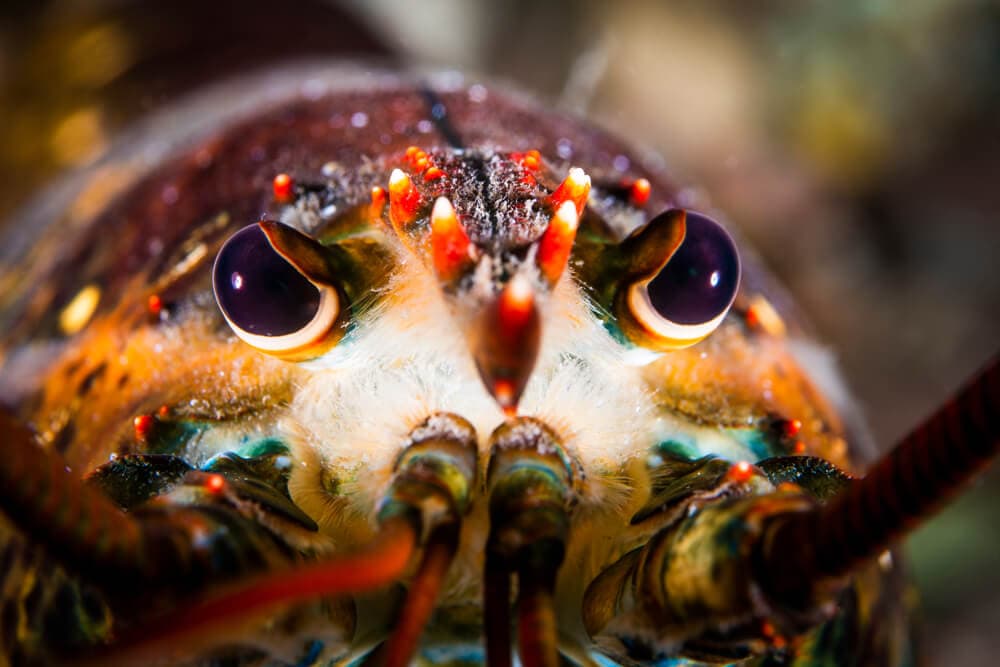
However, in the wild, these claws can actually cut some sea creatures in half. Lobsters overall have great lifespans but the American Lobster is top among them, as they are notable for being one of the longest-living animal species in the world. The typical age average is anywhere between 40 and 120 years but there are some exceptions. A lobster caught in Canada in 2017, named George, was found to have reached 140 years of age!
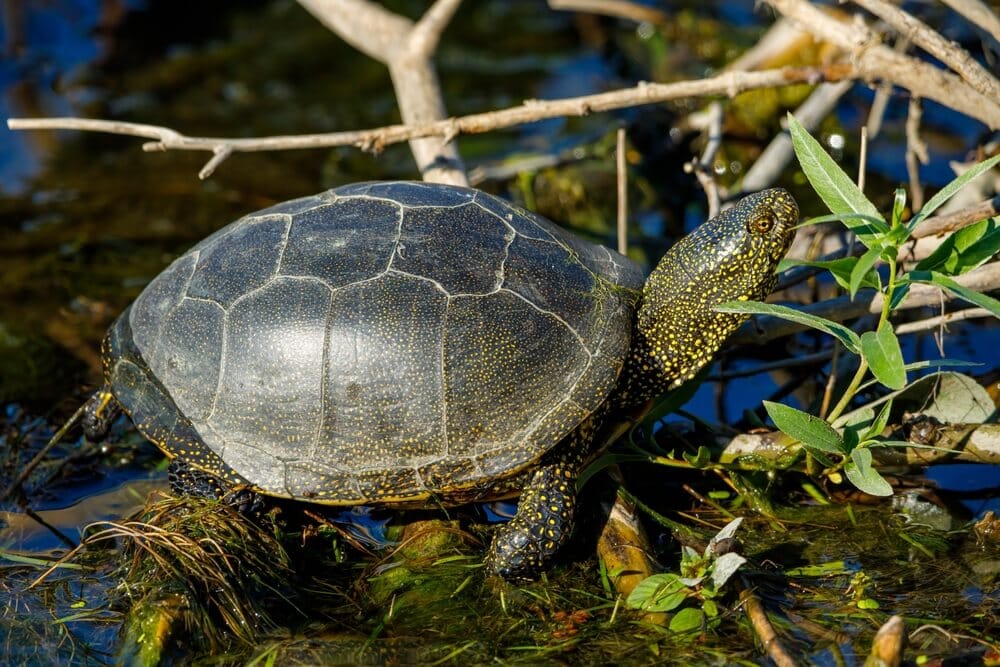
25. European Pond Turtle
Average Lifespan: 40 to 120 Years
The European Pond Turtle has a lot of luck on its side. Outside of major predators, these turtles are not really hunted as much as some turtles around the world. They tend to be the smallest version of the major turtle species around the world. They also make for great pets due to their size as well as being freshwater-based. Yet they also are great as pets due to being one of the longest-living animal species in the world today.
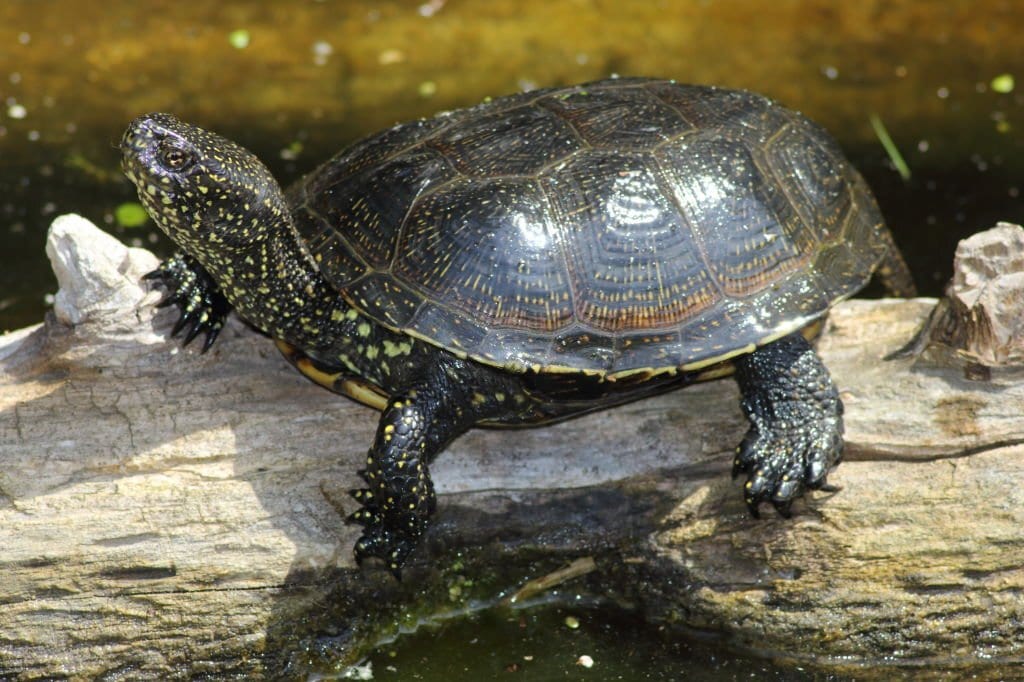
Despite being called a “European” Pond Turtle, they are actually found all over the world. They’re frequently found in Africa as well as some Asian territories. This is not including numerous amount transferred around the world. Most in the species live 40 to 60 years. However, they have been known to reach much older. The oldest confirmed Pond Turtle lived to 120 years but reports say some have lived even longer.
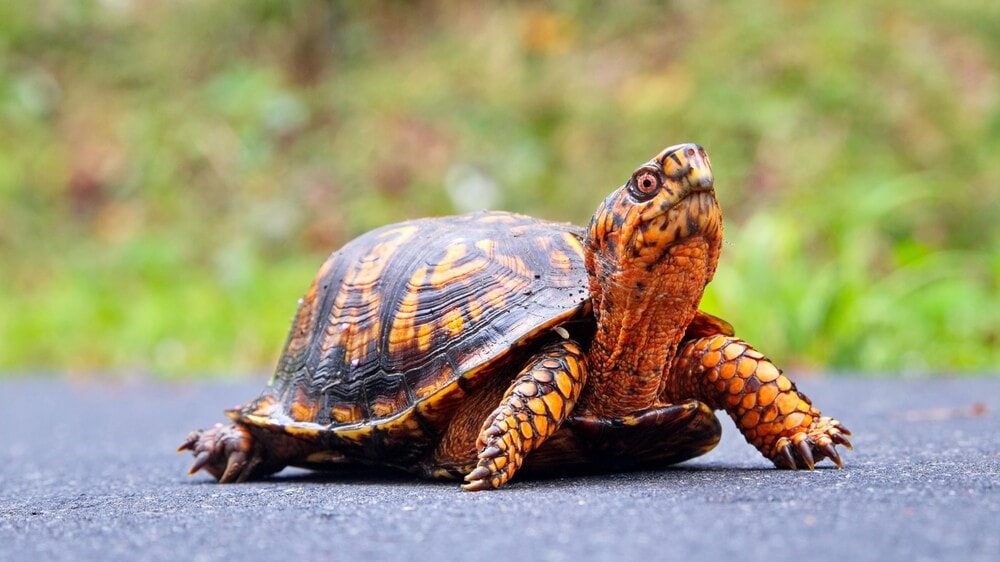
24. Eastern Box Turtle
Average Lifespan: 50 to 138 Years
The Eastern Box Turtle is a big favorite with people all around the world but they do have an issue. They are often kept as pets, which is not technically a problem but they live much longer outdoors due to their need for constant sunlight. The Eastern Box Turtle also happens to carry the very dangerous Salmonella bacteria. This bacteria can make human beings quite sick. While many reptiles and amphibians carry it, the average turtle carries it without showing any signs of it.
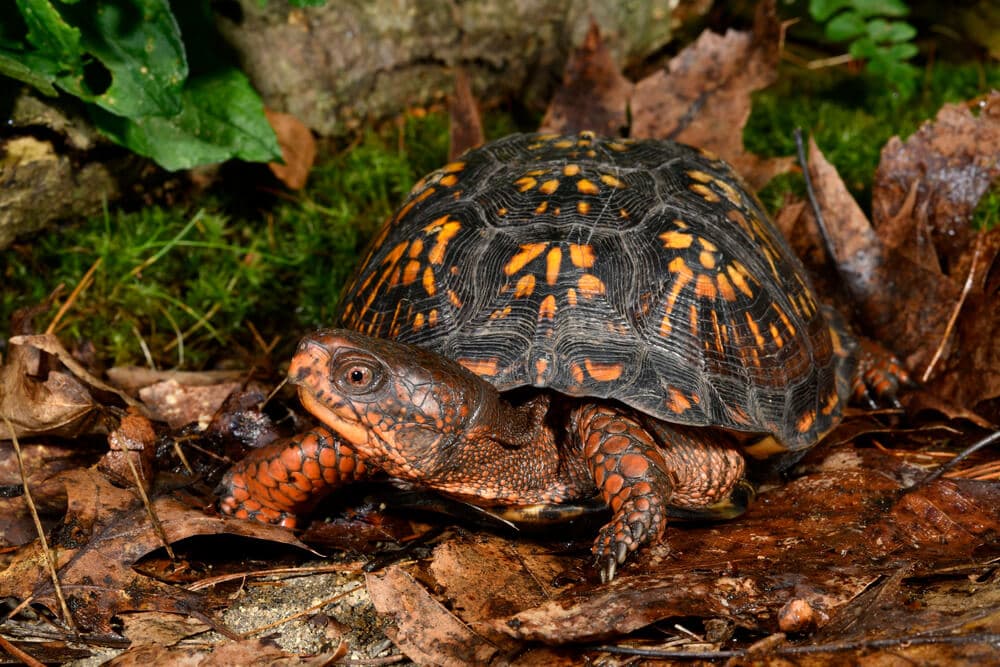
Box Turtles are the most common turtle to be a family pet, so they tend to infect more people with Salmonella than any other species on the planet. Despite carrying such terrible bacteria, box turtles live for an extremely long period of time. They regularly live up to 50 years. However, a large portion of these turtles live well over 100 years of age. The oldest recorded and confirmed box turtle age is 138 years, in fact.
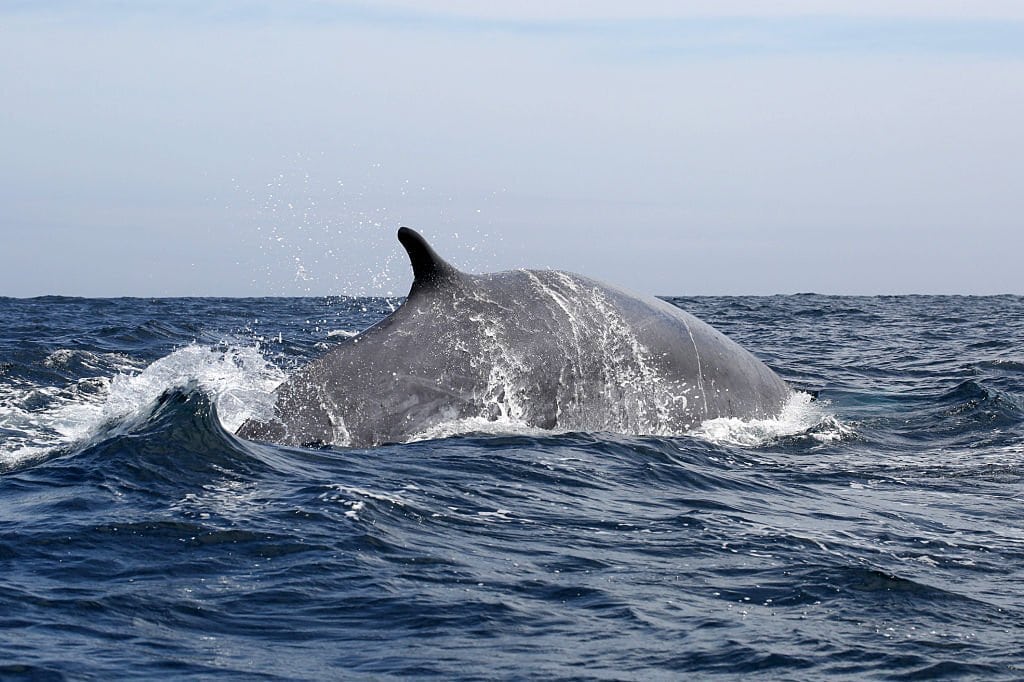
23. Fin Whale
Average Lifespan: 90 to 140 Years
While not quite as big as its cousin the Blue Whale, the Fin Whale is still one of the largest animals in the world today. They get to around 68 feet and weigh over 100,000 pounds! They eat mostly the same things as the other whales, but they may often go into the open ocean more or dive deeper to get their food. The Fin Whale gets its name from the easily seen fin spotted on its back, mostly near the tail.
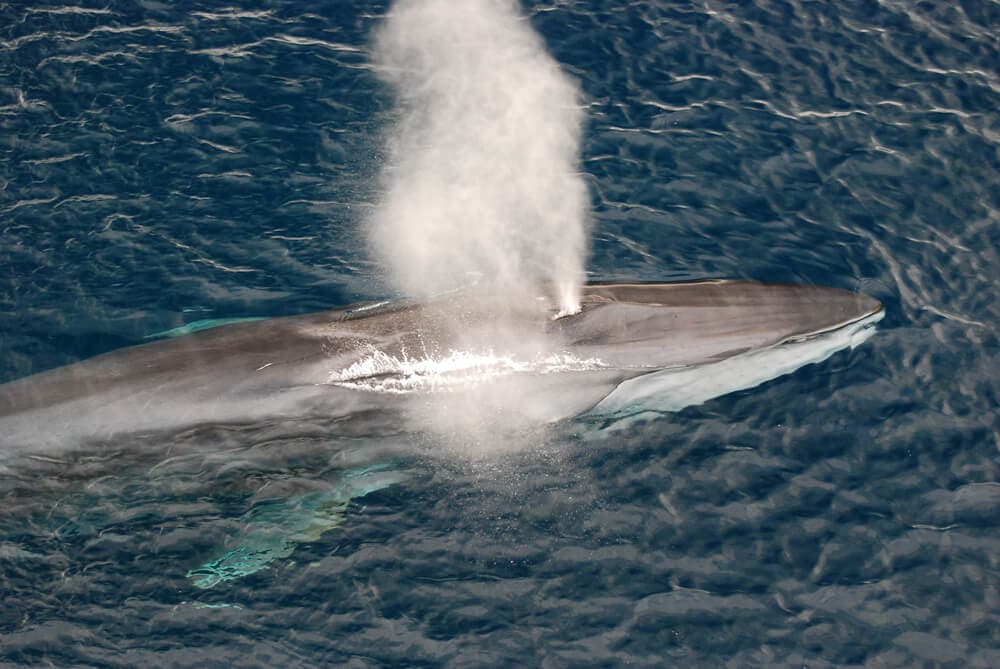
These whales can be relatively fast and their tails have been known to destroy some ships, causing whalers to avoid them initially. Sadly, they eventually were targeted more and from 1905 to 1976 over 725,000 Fin Whales were killed. As of 1997, only 38,000 remain. However, Fin Whales have a tremendous lifespan when not hunted and often live well into their 90s! Many have managed to stay alive even longer, with reports of them reaching 130 to 140 years old being common.
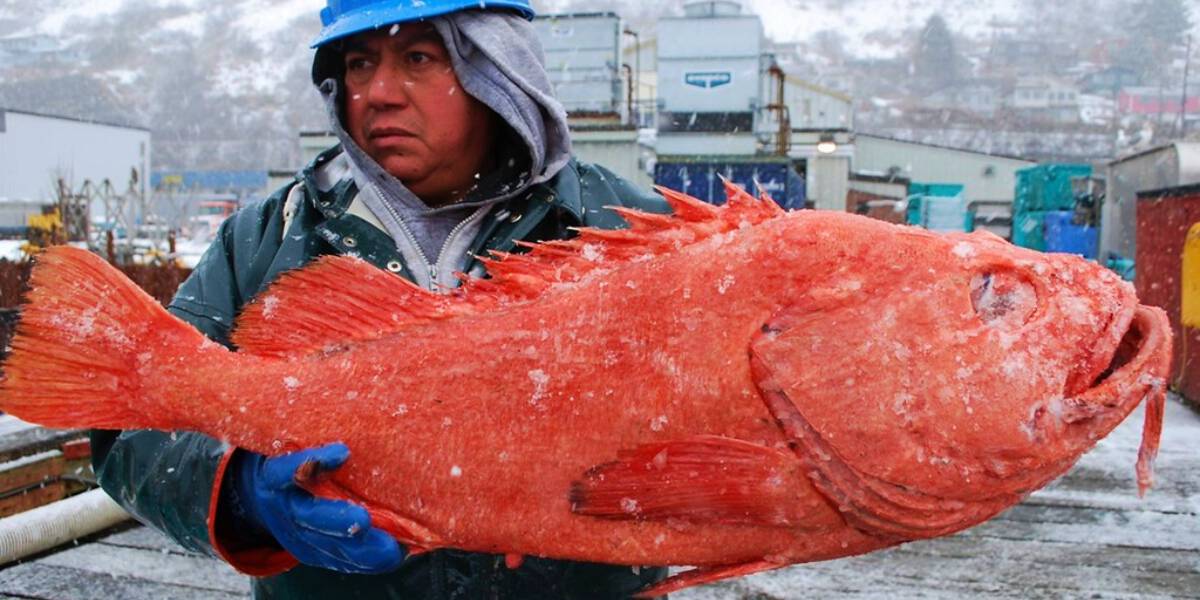
22. Shortraker Rockfish
Average Lifespan: 120 to 140 Years
If you thought we were done with the Rockfish species, you were wrong! The Shortraker Rockfish is one of the most impressive in the rockfish line. Like the others, they are often found in the upper section of North America. You’ll mostly see them in Alaska but they’ll also flow down to Washington, Oregon, and California as well as parts of Canada.

However, what makes them so interesting compared to other rockfish is how large they can get. Many get over 60lbs and some can grow to an even larger rate. In the right ecosystem, with the right amount of food present, the Shortraker could grow to even bigger rates. Like the others, they live a long time when they are not dealing with overfishing. They have an average age of about 120 to 140 years. The oldest known and on record, however, made it to at least 200 years of age.

21. Orange Roughy
Average Lifespan: 100 to 149 Years
The Orange Roughy is quite a unique fish. While it tends to be native to colder waters, it’s unlike most other fish that swim in these areas. Despite its name, the fish is a bright, brick-red color. They actually turn a yellowish-orange once they die, funny enough. Since they have been found in colder waters, one would assume they’d avoid human fishing issues. However, it was just the opposite.
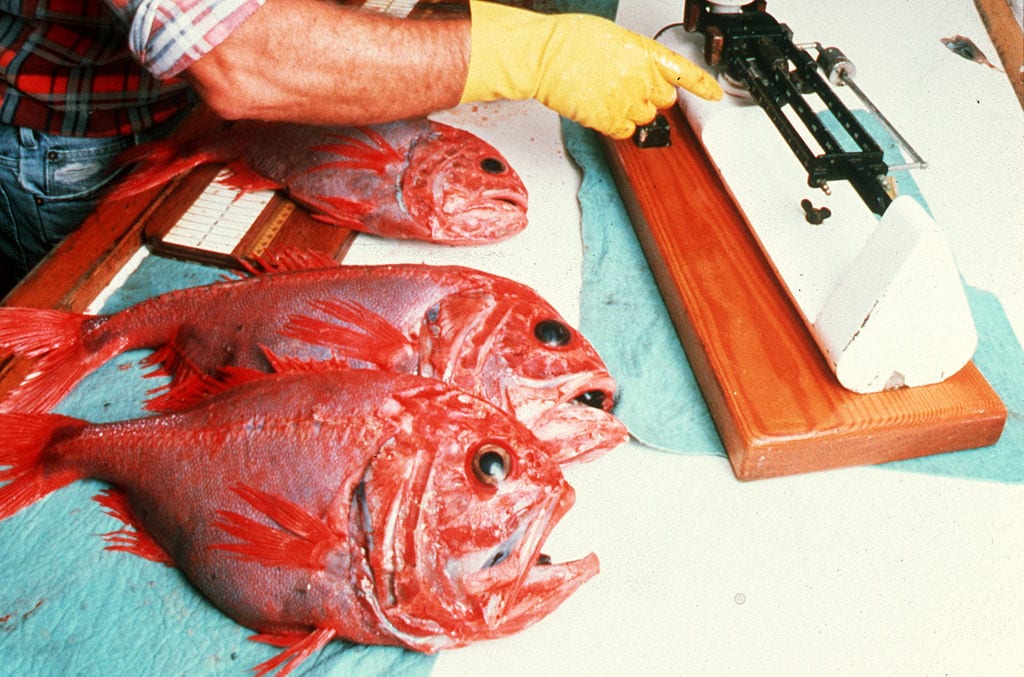
This became such a big issue that the UK Marine Conservation Society claimed that it was “vulnerable to exploitation.” Thus, it became a victim of overfishing. When left alone, they live quite a long time. The average lifespan for an Orange Roughy is 100 to 130 years but the oldest recorded age for one was 149 years. It’s thought that counting the growth rings of the otoliths can give the age, which would mean some have reached an age of 156 years! However, this is a controversial method.
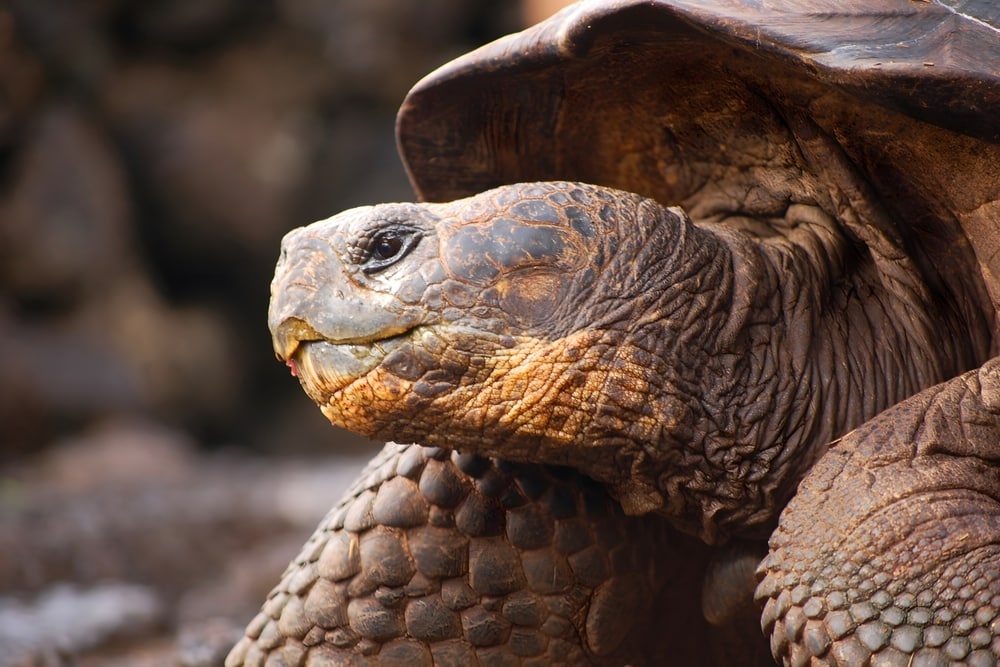
20. Galápagos Tortoise
Average Age: 100 to 150 Years
Likely the most popular tortoise species in the world is known as the Galápagos Tortoise. You’ve likely seen them in a zoo somewhere around the world. However, they are only truly native to the Galápagos Islands. This is, obviously, where they get their name from. Due to being native to these islands, they were popular animals for pirates and whalers to hunt and eat from the 16th to 19th Century.
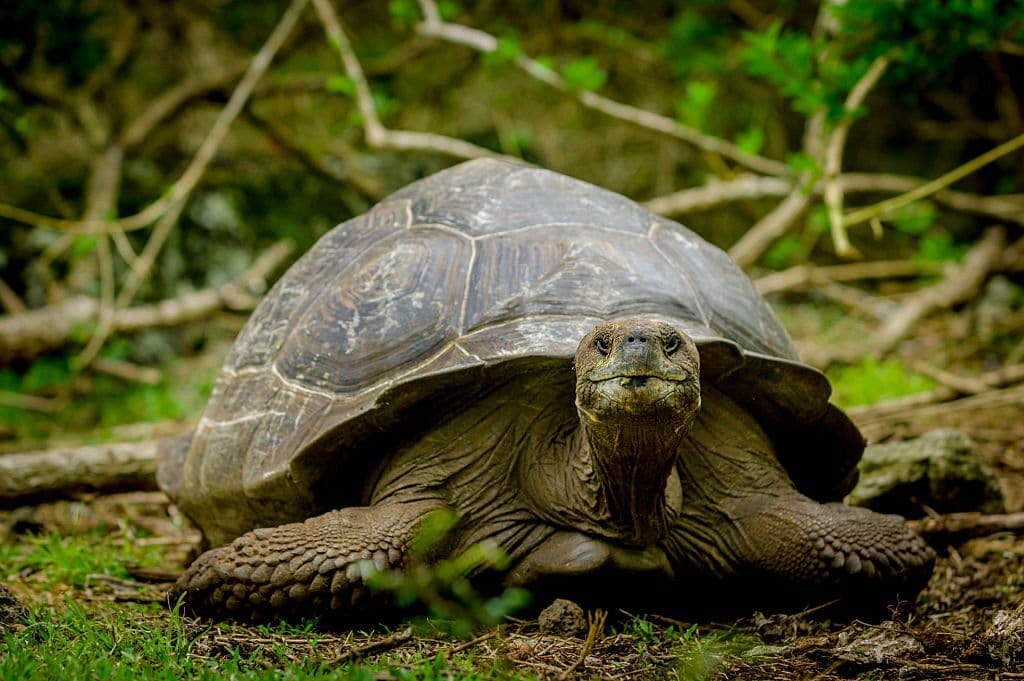
This brought their population down drastically. In the 16th Century, there were around 250,000 of them but by 1970, only 3,000 remained. They even went from 15 species like them down to just 10! When not being hunted, the Galápagos Tortoise has an impressive lifespan. In fact, they are one of the longest-living animal species today. In the wild, they live an average of 100 to 150 years. However, the oldest on the record made it to 175 years old.
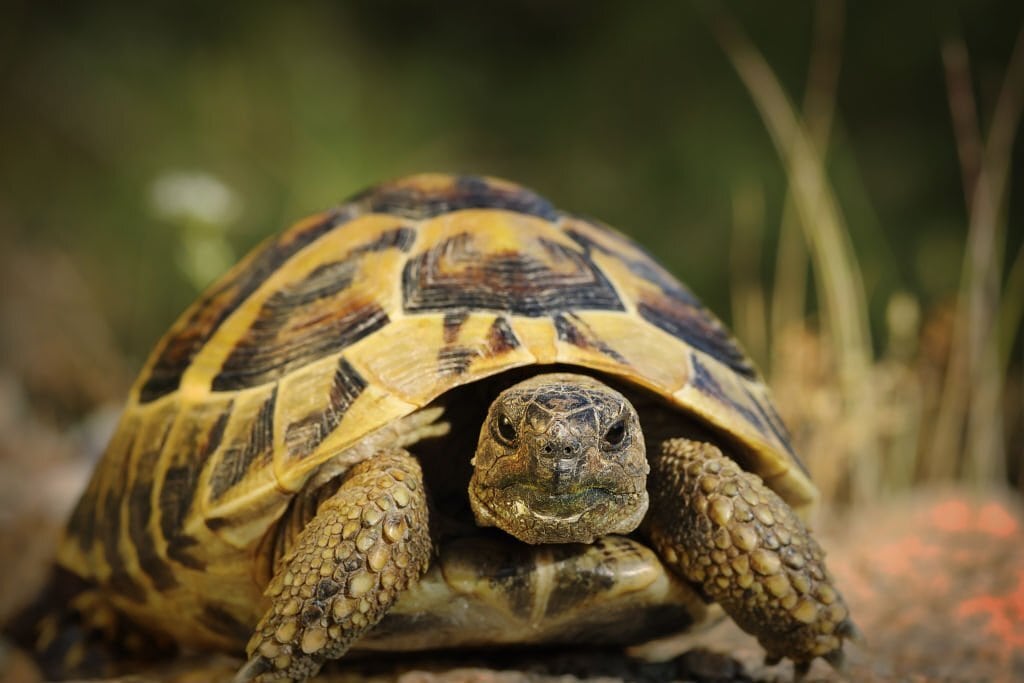
19. Mediterranean Spur-Thighed Tortoise
Average Lifespan: 90 to 152 Years
The Mediterranean Spur-Thighed Tortoise (or Greek Tortoise) is quite a mouthful to say out loud, but this Tortoise species is absolutely incredible. Some actually question what the difference truly is between a Turtle and a Tortoise, considering they actually do look so alike. The main difference is that turtles often live in the water or happen to be in it most of the time. A tortoise does not and can even live outside the water without any true problem.
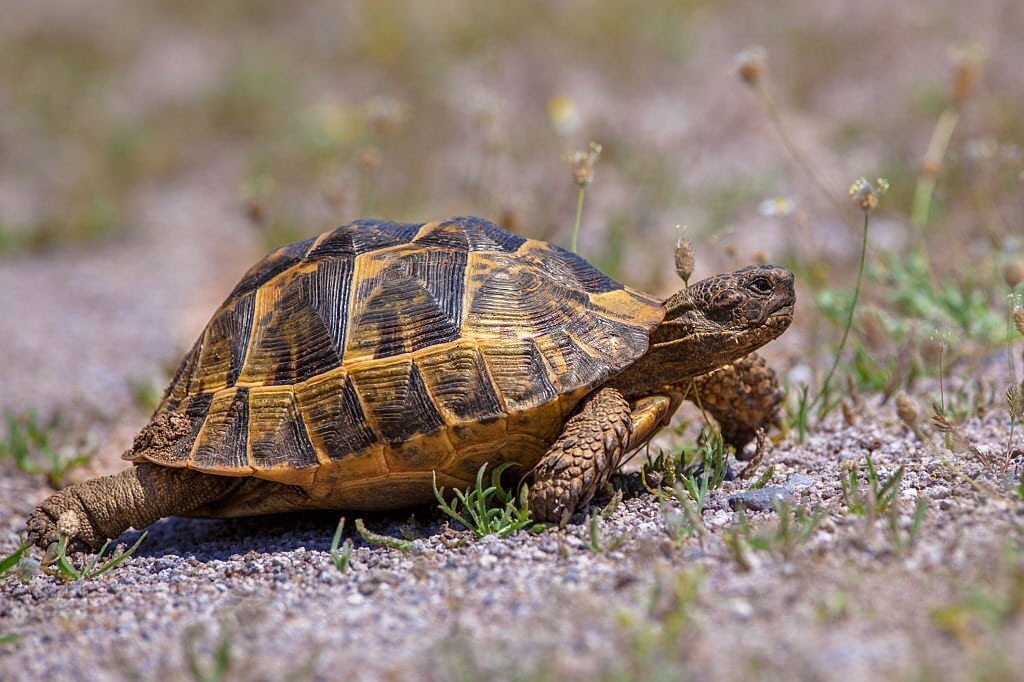
Though like the turtle, the tortoise does find most of its food in or near the water. These particular tortoises are found all over the world, but they are mostly native to African, European, and Asian territories. The Greek Tortoise is capable of living for a long period of time. They regularly make it past 100 years of age, with many making it to 120 or higher. However, the oldest on record lived to be 152 years old.
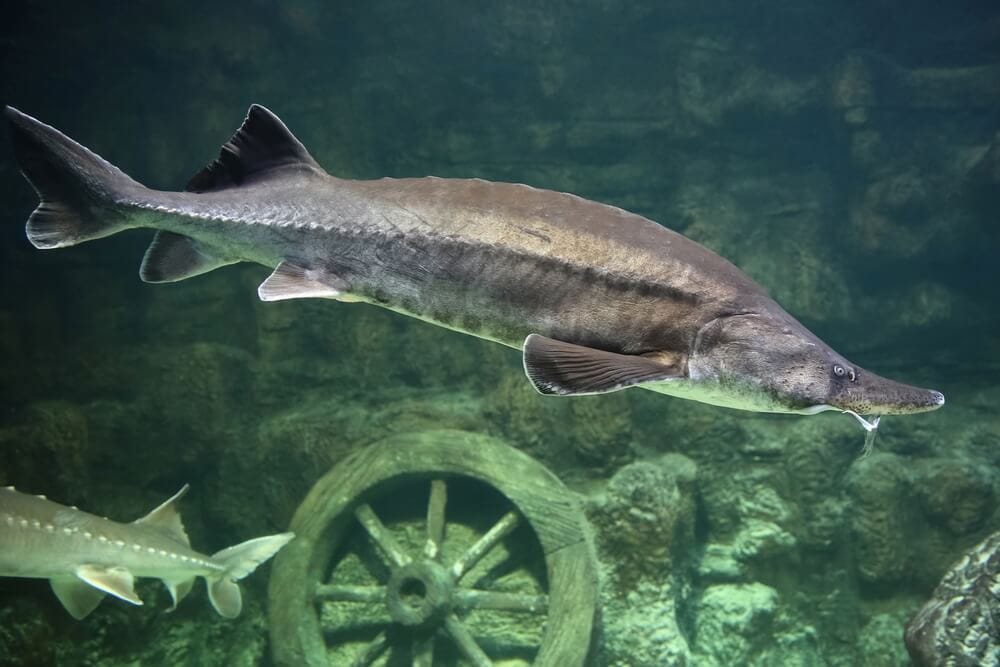
18. Lake Sturgeon
Average Lifespan: 50 to 152 Years
There are several sturgeon types but one of the most common ones to see in North America is the infamous Lake Sturgeon, due to being a popular freshwater fish. Due to its ability to be in freshwater places, it has been common for rivers and, well, lakes. While they are known bottom feeders, they actually develop to quite a large size relatively quickly in their life cycle. They happen to be one of the longest-living animal species in the world today.
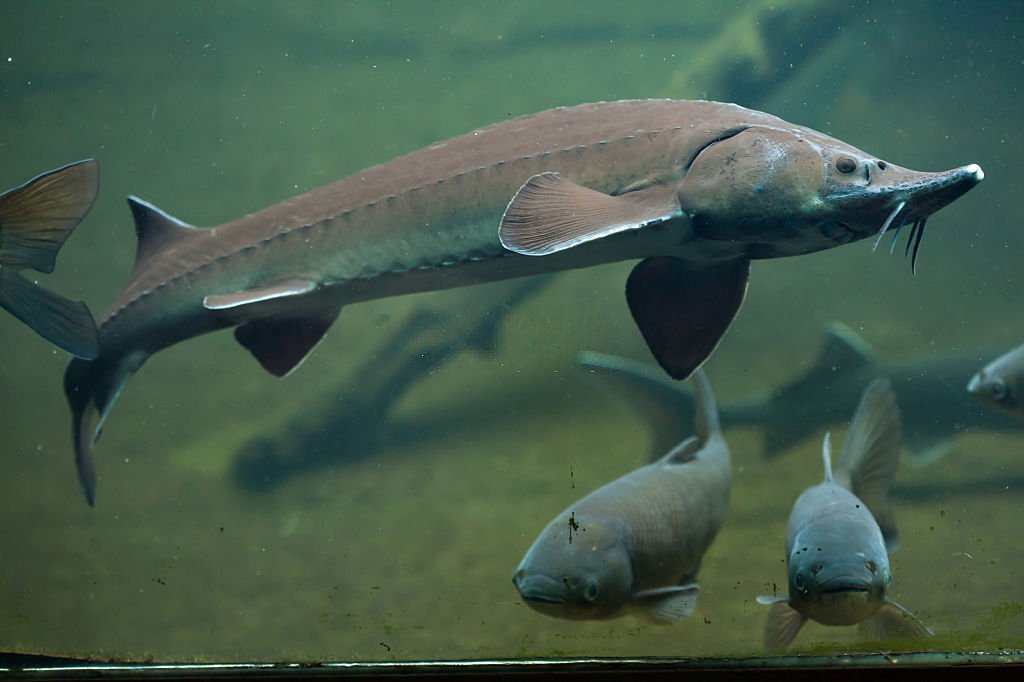
The average age all seem to make it to the mid-50s, barring a death caused by a human or another animal. Males in the wild tend to make it here at the most. However, females in the wild often make it to 80 years or more. In fact, it’s incredibly common to see a female make it over 100 years of age and even to 150. The oldest on record, however, made it to 152 years old.
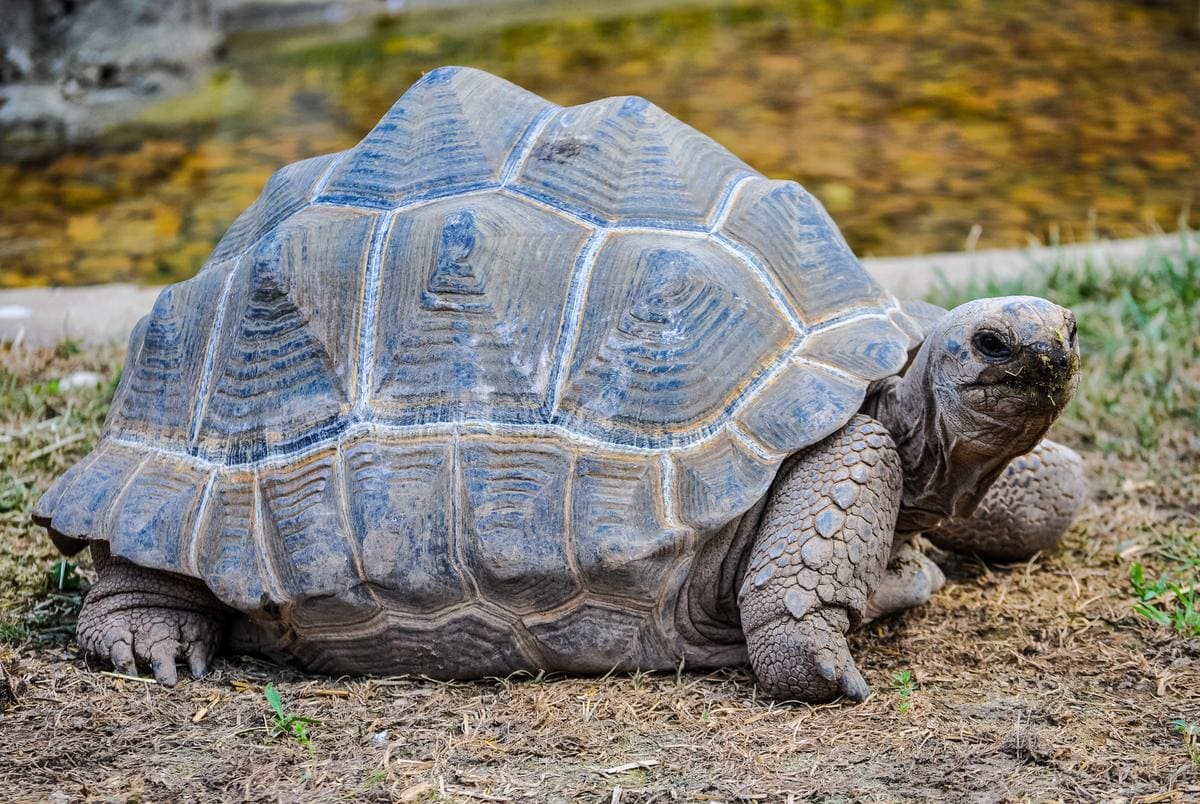
17. Aldabra Tortoise
Average Lifespan: 80 to 160 Years
A lot of people question what the difference is between the Aldabra Tortoise and the Greek Tortoise referred to earlier. The main difference has to be that the Aldabra species is considered to be the “Giant” Tortoises. Naturally, all tortoises are pretty large but the Aldabra species can get quite massive. They are also living dinosaurs, having lived in some unevolved form among them.

Another interesting fact about them is that fossils of the Aldabra have been found on every continent except Australia and Antarctica. On top of this, they are one of the longest-living animal species known. The average age they get to is around 80 to 160 years. However, there is a major exception known as Adwaita. He was an Aldabra Tortoise that passed away in 2006. He was actually born in 1750, thus making him around 256 years old at the time of his passing.
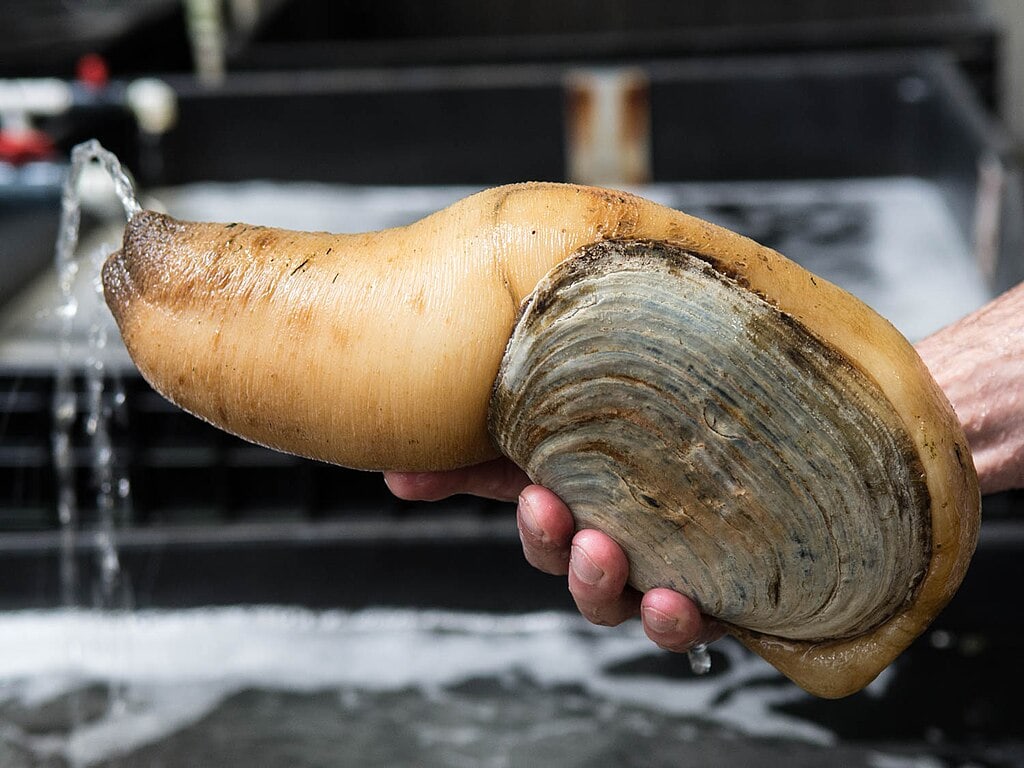
16. Geoducks
Average Age: 140 to 160 Years
Some of the most interesting animals in the world are known as Geoducks. No, they are not part of the duck family at all. In fact, they look nothing like one and don’t even have feathers! The Geoduck is actually a clam, and they can get relatively large too. They average about 6 to 8 inches in length but there are several cases of even larger ones being found.
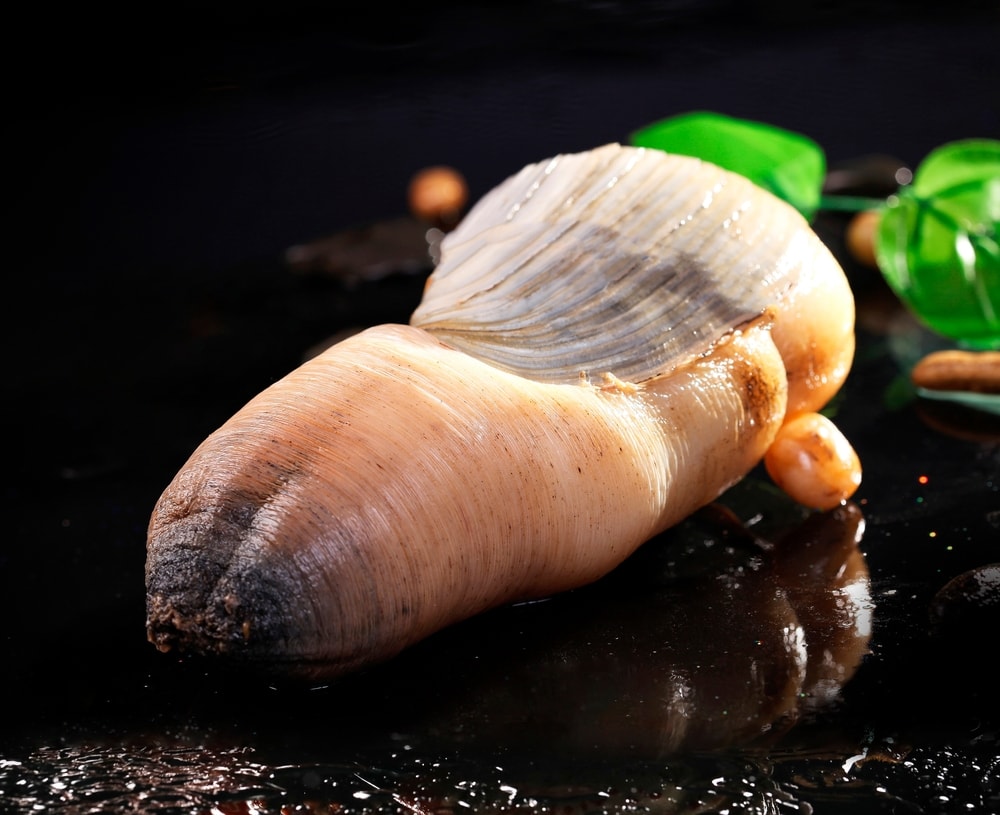
This species is native to the coastal waters of Canada and the Northern section of the United States. Thus, they are mostly a North American type of thing. Due to being a clam, it does not technically have a lot of natural predators. This could be why it has such a big average age. As of this writing, Geoducks average 140 to 160 years of age. However, there is a confirmed Geoduck that made it to the age of 168!
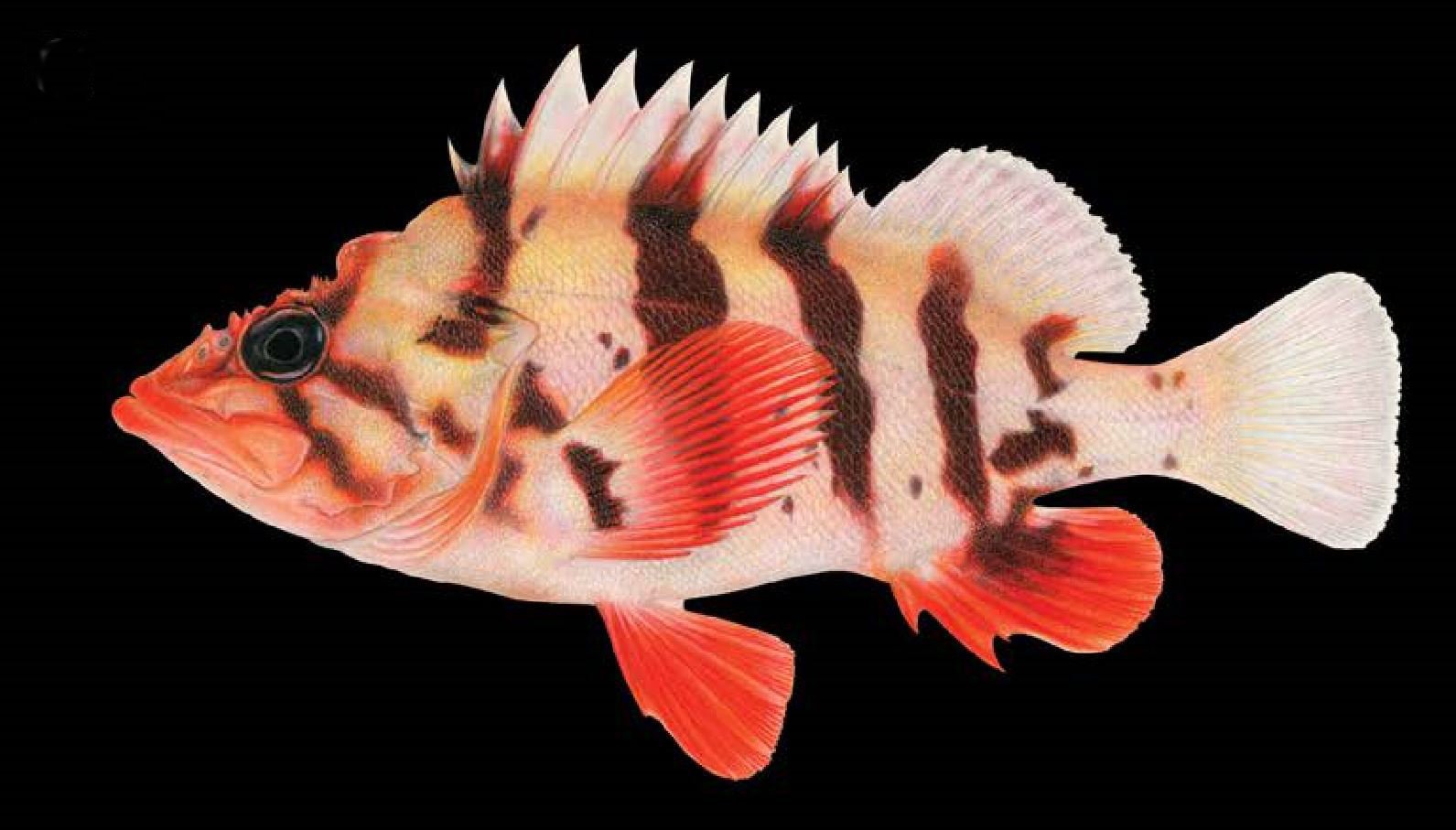
15. Tiger Rockfish
Average Lifespan: 112 to 166 Years
Yet another rockfish joins the list of the longest-living animal species in the world. We do not know what it is about the rockfish species, but so many seem to live for a long period of time. It’s called a Tiger Rockfish due to the obvious tiger-like appearance it has. You’ll typically see them in orange or red with several broad, dark bars or bands along their body.
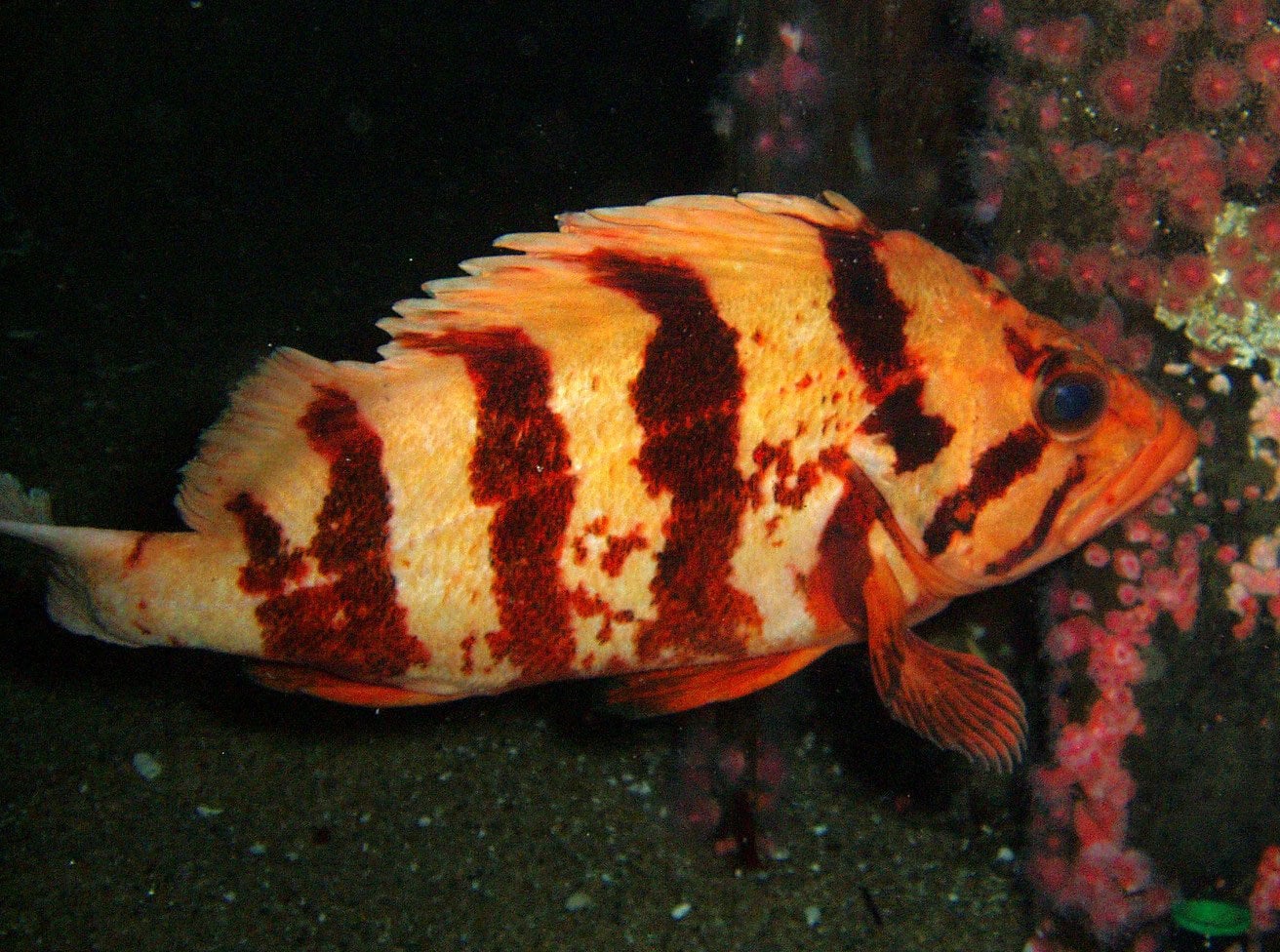
Like other Rockfish, the Tiger can be found mostly off the shores of North America. Just like its cousins, the Tiger is more native to the upper section of the continent, near Alaska and Canadian shores. The typical lifespan of these fish when they are not being hunted is pretty good, around 112 to 114 years. However, scientists have managed to find some reaching as high as 166 years of age. Also like its cousins, the Tiger Rockfish is relatively endangered right now due to commercial fishing.
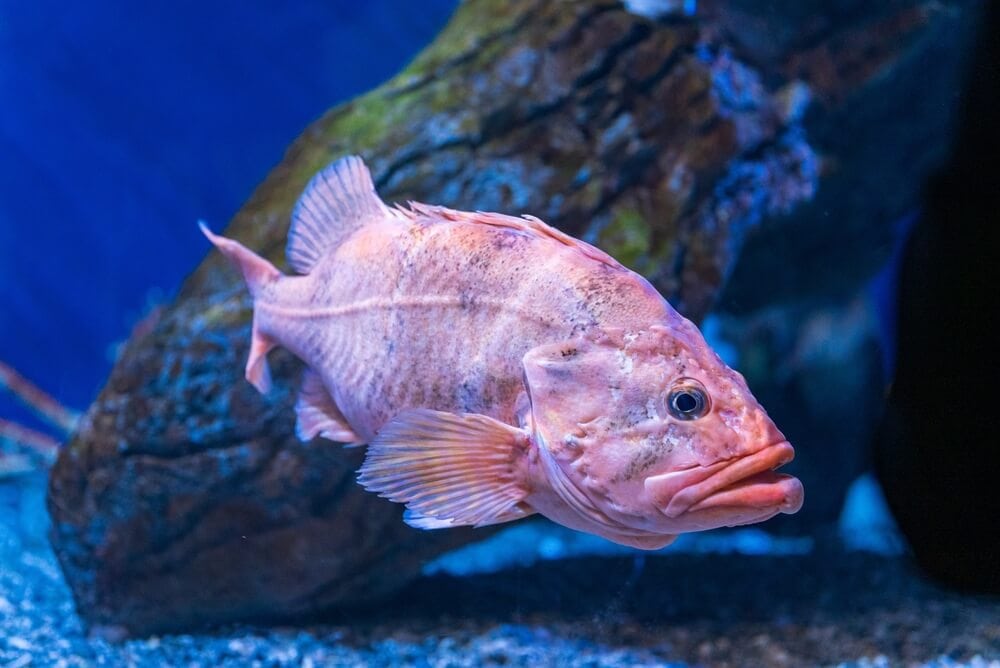
14. Rougheye Rockfish
Average Lifespan: 140 to 170 Years
We know, rockfish have ruled this list. However, we can assure you that we’re almost done with them. They are very unlike other rockfish in their family. Most rockfish tend to be North American based while the Rougheye actually does live in the North American area but is the only one of the species to be native to other places too. They can be found off the coasts of Japan, the Aleutian Islands, as well as the Bering Sea overall.
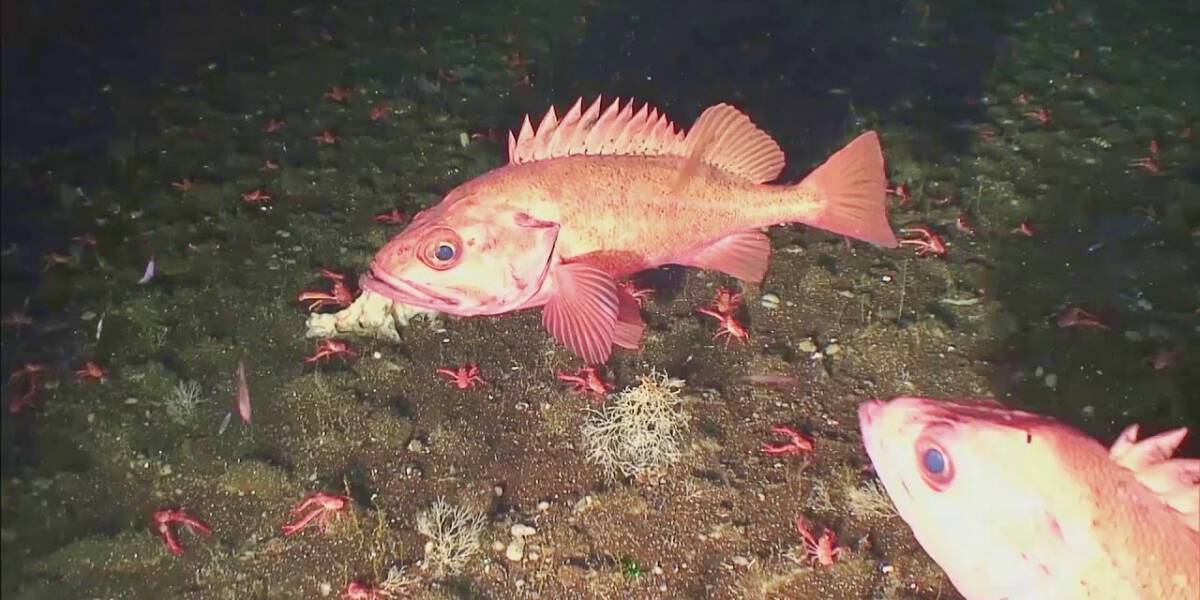
On top of this, they have the biggest population of the major rockfish. If that was not enough to distinguish it from the rest, it too lives a long time. However, the Rougheye has the longest lifespan of any fish on the planet today. They live an average of 140 to 170 years. Yet this is not their limit. They have managed to reach at least 205 years of age, as this is the oldest on record currently. Despite this, it is widely assumed they can get much older.
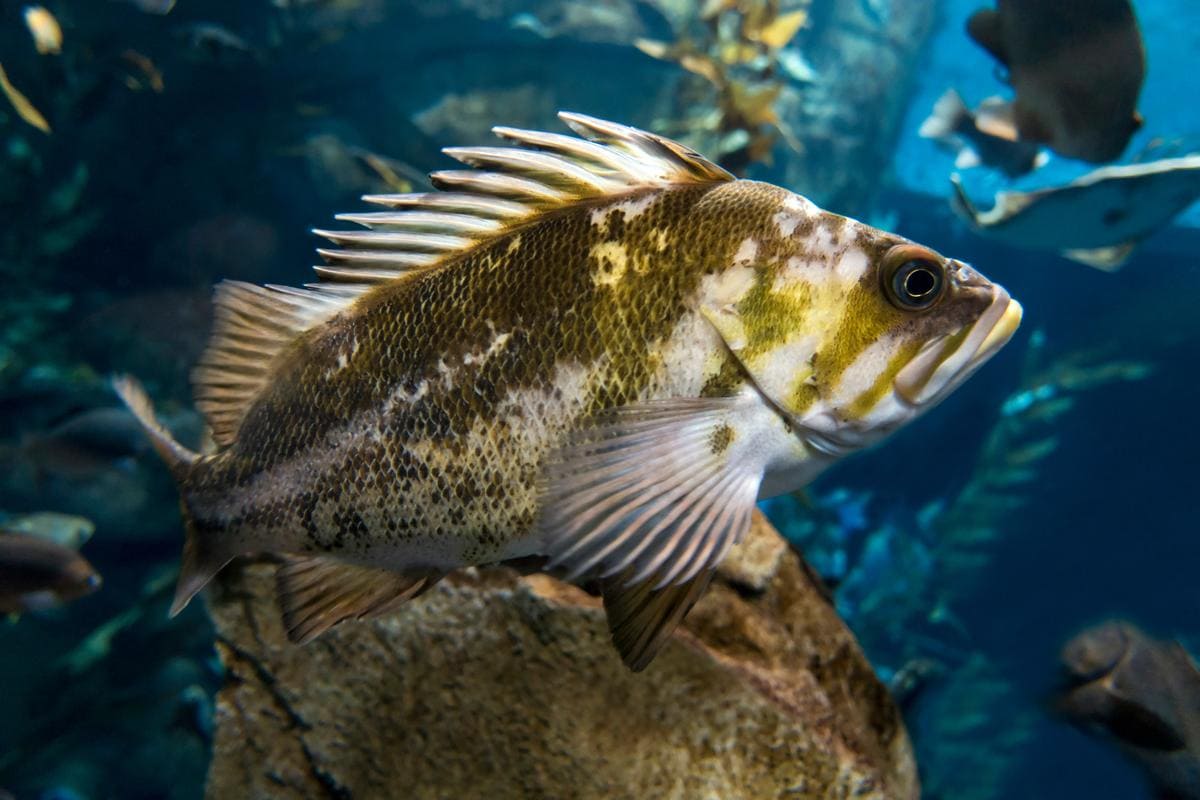
13. Quillback Rockfish
Average Lifespan: 80 to 95 Years
Quillback Rockfish are pretty interesting, belonging to the long-living rockfish dynasty. Unlike others in the rockfish species, the Quillback actually has a venom that it can use to protect itself as well as use to take out prey. Their poison can actually kill most predators with the exception of sizable types. For humans, their venom can be pretty painful but not fatal. Those that have issues with it tend to be allergic to something the venom may contain.
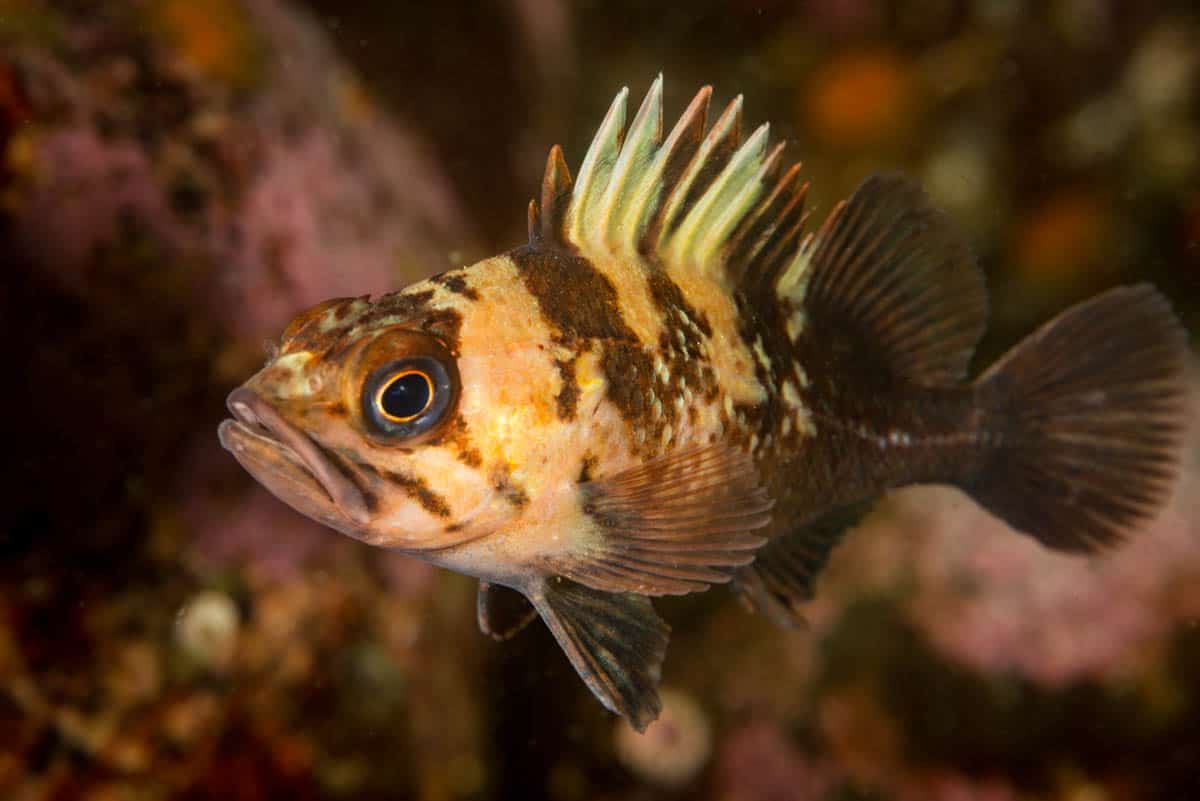
In the wild, the Quillback can live up to 95 years of age. Those in captivity have the ability to last much longer, likely due to a reliable food source and lack of predators. This can allow some to reach a much higher age. Scientists have not studied or put them into captivity from birth very often. Thus, we are not exactly sure how long they could last like this currently. However, we do know they are one of the longest-living animal species going today.
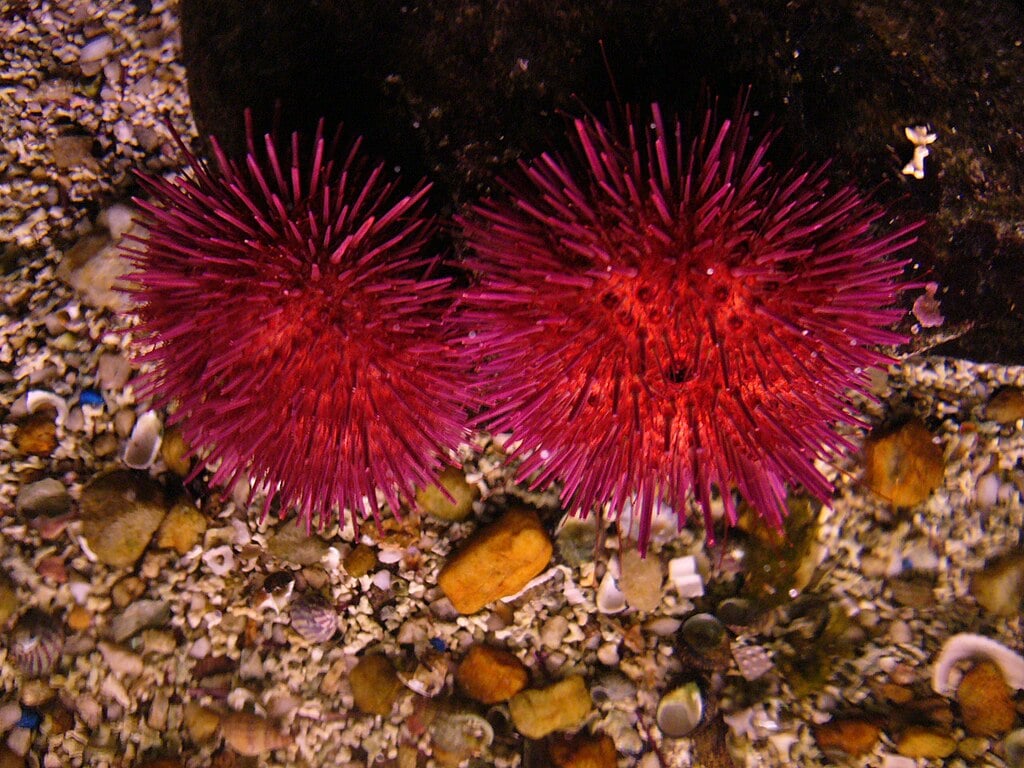
12. Red Sea Urchin
Average Lifespan: 30 to 200 Years
As a rule, most tend to run across sea urchins when they step on them. As you may already know, sea urchins are famous for their spikey quills or “spines” that can punch and/or injure human beings. However, Red Sea Urchins are likely the most famous and notable of the species. You can often find the Red Sea Urchin throughout the Pacific Ocean, but mostly in the section from California to Alaska. However, they are often found off Canadian shores too.
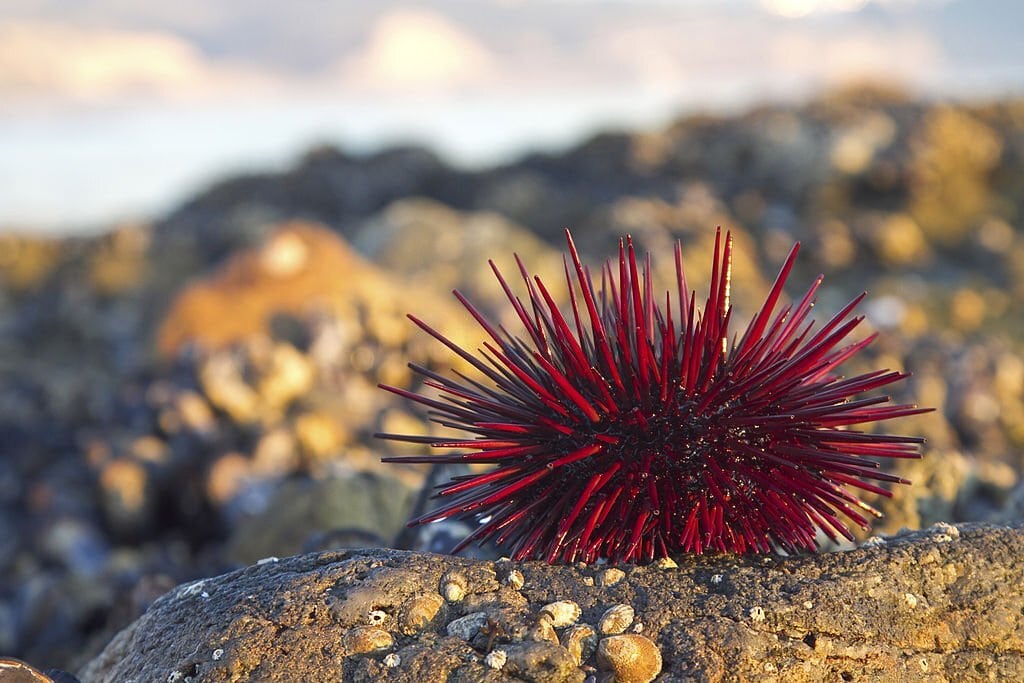
They are mostly seen in low tide or rocky shore areas. The spikes on the Red were things they evolved into in order to survive the natural predators they once had. In fact, the spikes can come out or break. However, they can regenerate any broken or removed spine. On top of this, they have a relatively long lifespan. Most live up to or over 30 years of age but many live well over 100, with others living up to or past 200 years!!
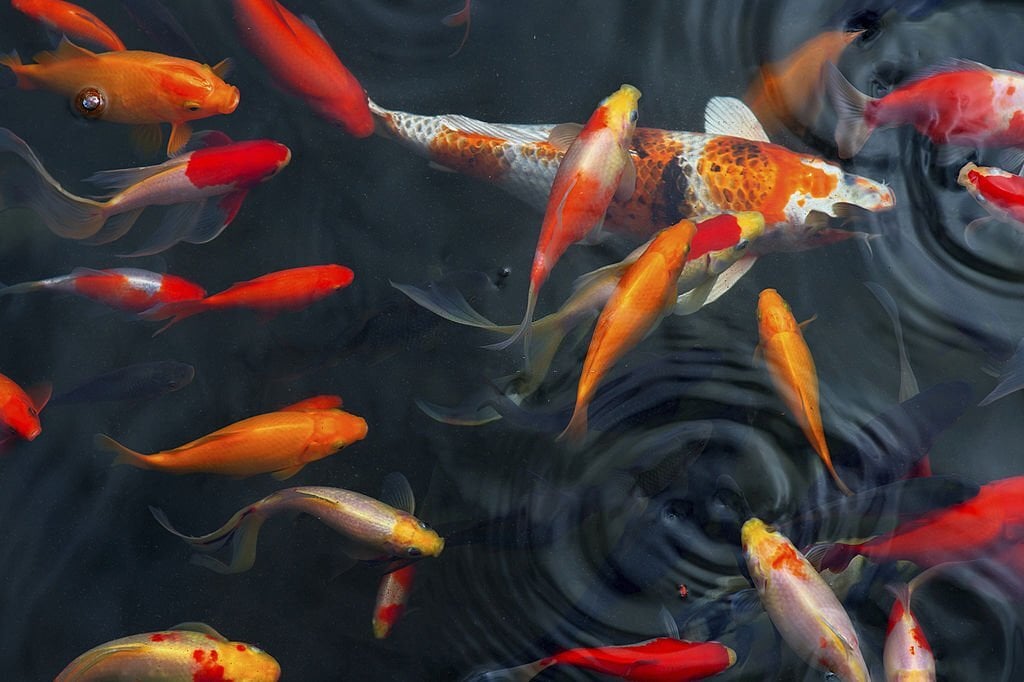
11. Koi Fish
Average Lifespan: 80 to 200 Years
Koi Fish is absolutely beautiful and it’s quite likely you’ve seen them swim around at some Japanese restaurants around the United States or elsewhere. They are actually native to the shores of Japan and parts of Europe/Asia, but they were eventually bred in captivity and then released into places all over the world. This led to them being spotted in several areas around the world except for areas close to Antarctica.
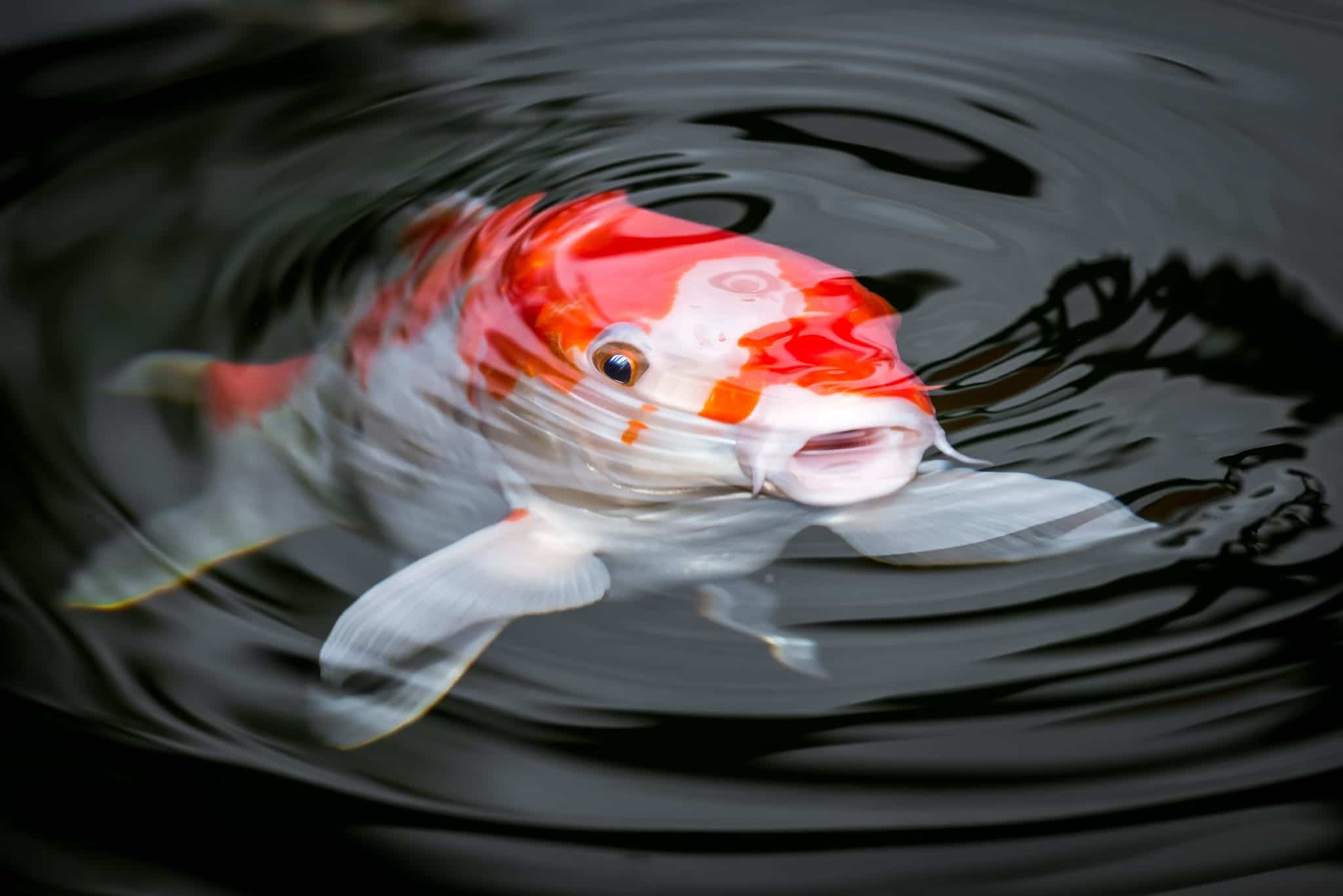
Due to the type of fish, they happen to be, they’ve been considered a pest or invasive species to the environment. Since they are not native to the areas they’ve been inserted into, they’re not supposed to be present and thus affect the ecosystem. Despite this, Koi fish are gorgeous. They actually have incredible lifespans, resulting in the Koi being one of the longest-living animal species in the world. They live between 80 to 200 years on average! Though Hanako, the oldest Koi on record, made it to 226.
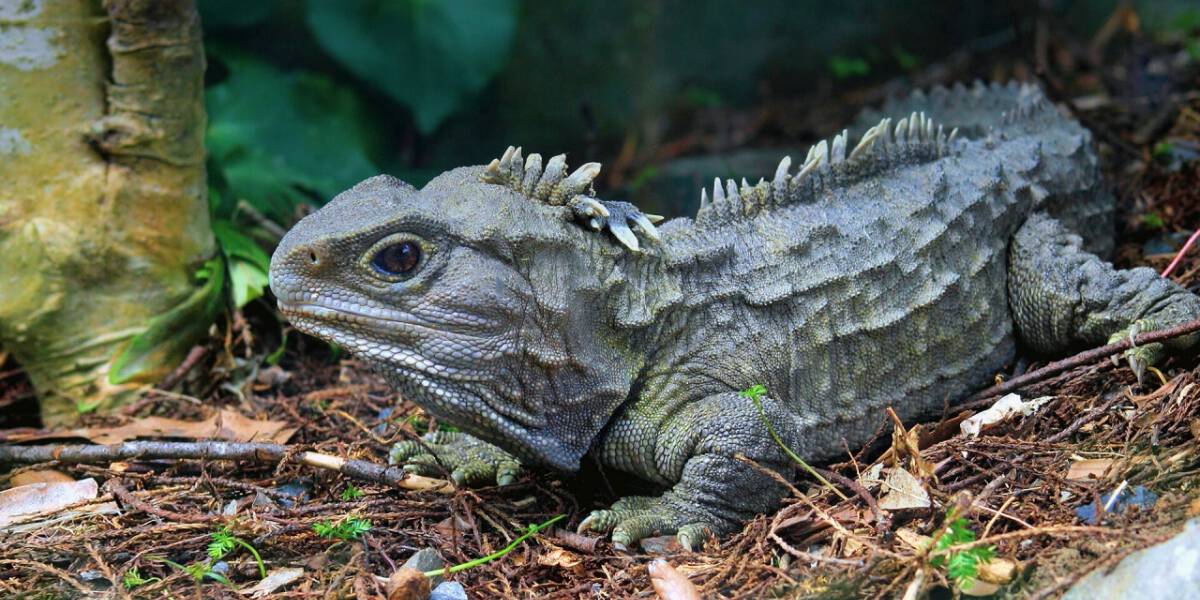
10. Tuatara
Average Lifespan: 100 to 200 Years
The Tuatara looks like something straight out of the Jurassic period and could very well have lived among the Dinosaurs of that time. Funny enough, they are often assumed to be lizards but they are actually not part of this family of reptiles. They actually belong to the last surviving group of the Sphehodontia family. These reptiles actually did live alongside the dinosaurs.
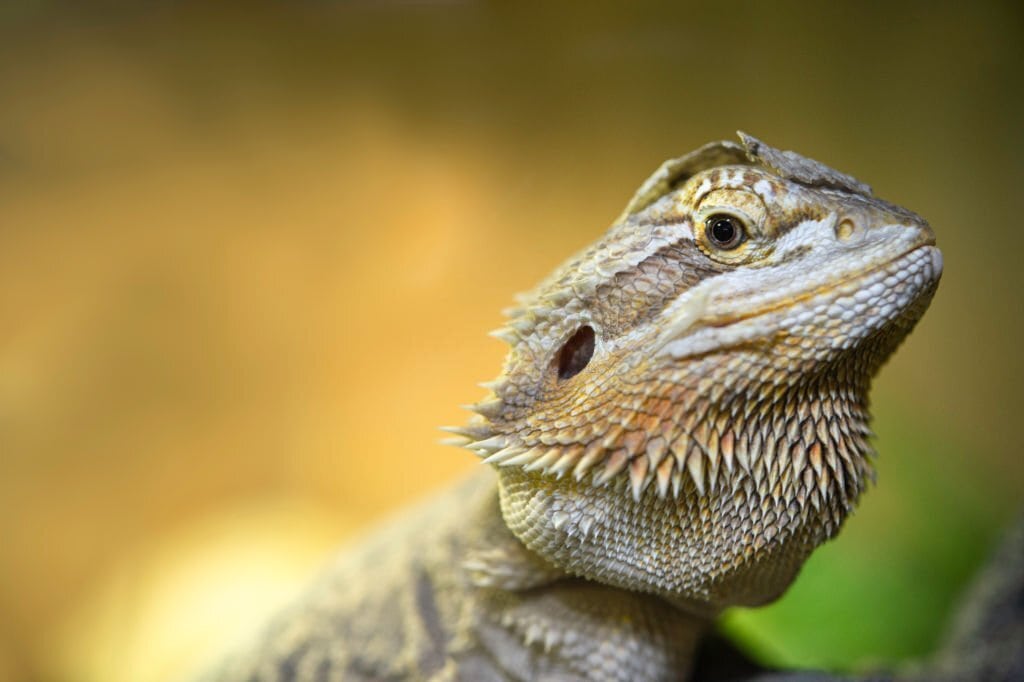
This family is tough to kill, which is likely why they have survived so long. Currently, they are only found in New Zealand. They eat things like insects, which are in abundance in the area. As long as they are not killed, the Tuatara reptiles often live over 100 years of age. They can also seemingly mate into their 100s too, with one doing so at 110 years old in 2009. Many even live past 200 years!!
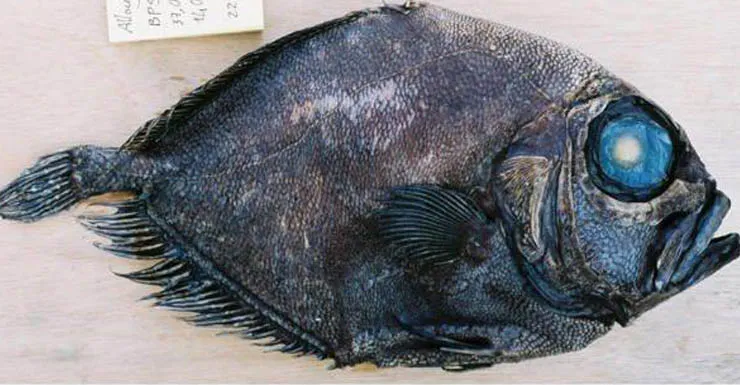
9. Warty Oreo
Average Lifespan: 130 to 200 Years
Contrary to popular belief, this fish does not have a lovely cream filling despite what its name might imply. The Warty Oreo actually belongs to a group of fish known simply as Oreos. Of course, the Warty version is the most well-known as it’s one of the longest-living animal species today. What’s the secret to Warty’s long life? Most feel it is due to where they are often found.
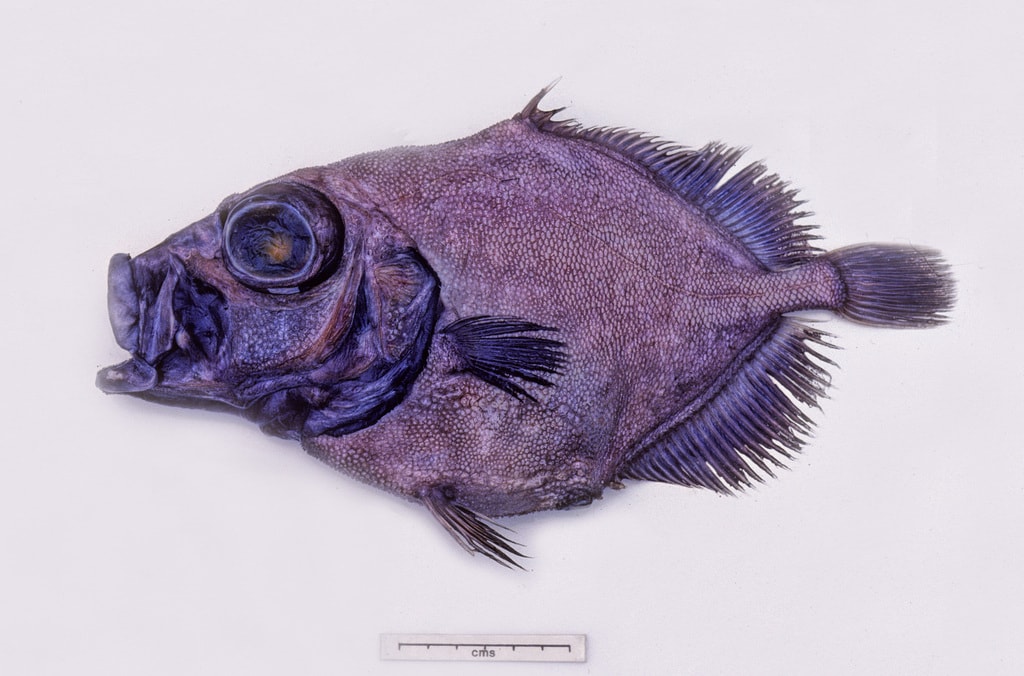
You will typically see the Warty Oreo at ocean depths of 300 to 1,600m. This means they are nearly a mile under the depths, thus, they are in the darker section. Although not always low, they can run into issues with fisherman but it’s not as common for them. This has allowed them to have a great lifespan of 130 to 140 years on average. However, there are reports of several now living to over 200 years of age!
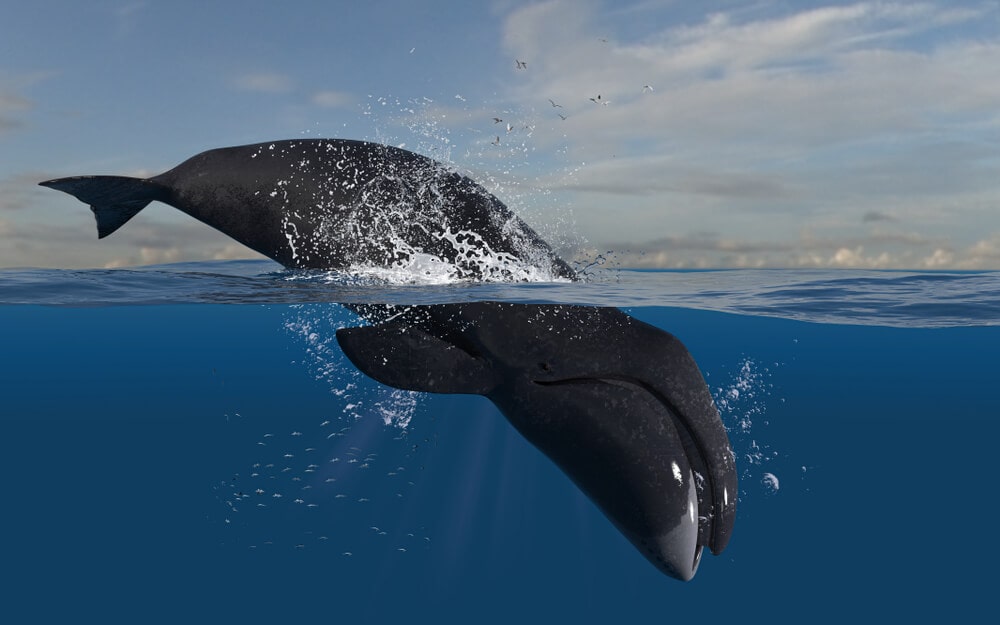
8. Bowhead Whale
Average Lifespan: 150 to 200 Years
Bowhead Whales are one of the longest-living animal species in the world but THE longest living of any whale species. Like other whales, they were hunted during the several hundred years when “whaling” was considered to be okay. Today, this is far less common so they do not have as much to worry about from a human predator standpoint. They have no natural predator other than man, which has allowed the population to bounce back a bit.
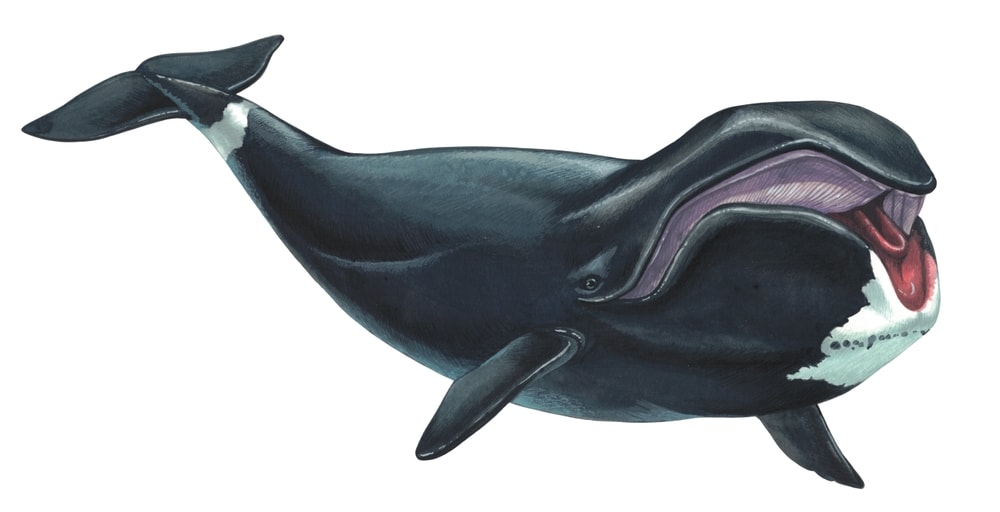
The bowhead whale tends to be native to colder environments. This is why they tend to be seen more near Greenland or the Arctic than anywhere else in the world. As mentioned earlier, their lifespans are incredible. Most live over 100 years of age with the main dropping-off point being between 100 and 200 years. The oldest on record, however, made it to 211 years of age.
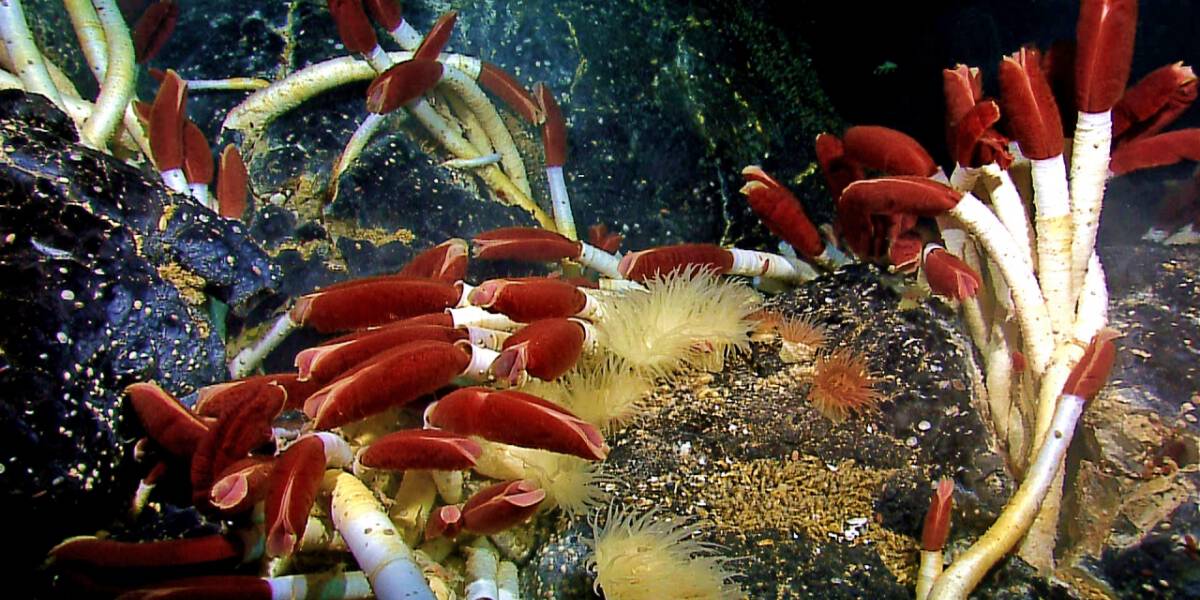
7. Lamellibrachia Tubeworms
Average Lifespan: 170 to 250 Years
While it is clear that people do not consider tubeworms to be animals like the rest of those on this list, they certainly do count as them. It should be noted that the Lamellibrachia tubeworms are not the type of creepy-crawly type you’re used to seeing in random dirt as a kid. They are actually confined to one place and can only move about in this area.
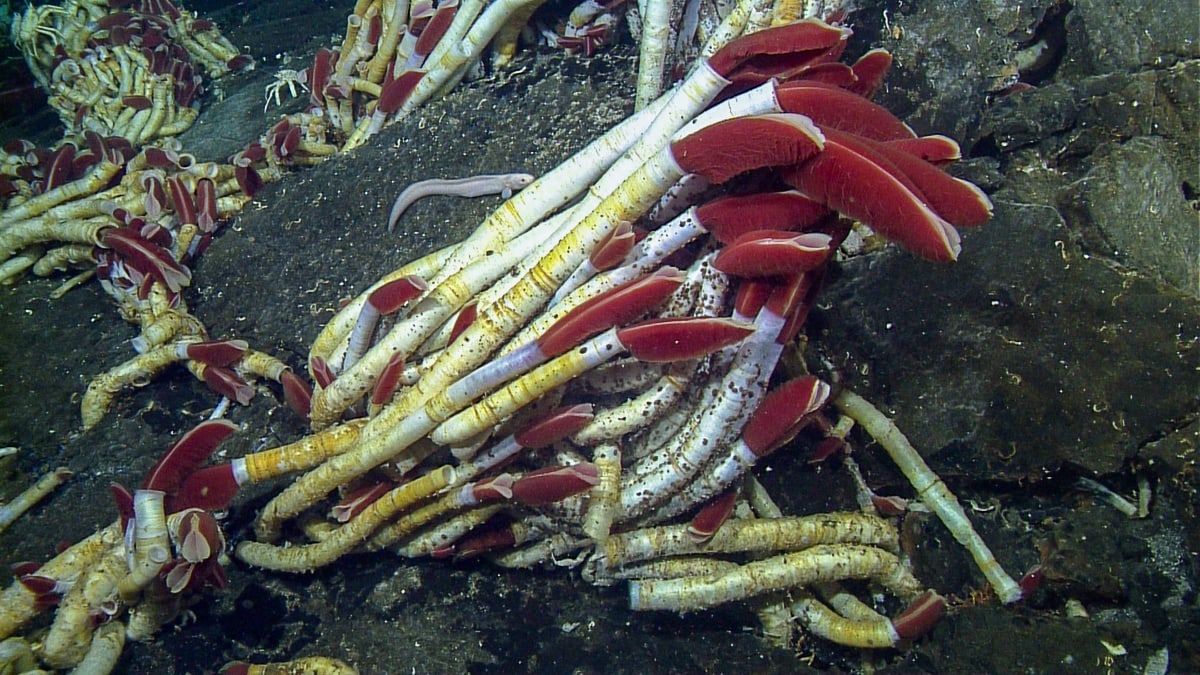
They are also found in the deep sea where you can spot hydrocarbon leaks out of the seafloor. Thus, we’ve seen them more in the deep sections of the Gulf of Mexico than any other area. They mostly feed on sulfide-oxidizing bacterial symbiotes, which is some of what comes out of those hydrocarbon leaks. The Lamellibrachia tubeworms also live an incredibly long period of time. They have an average lifespan of 170 to 250 years. Yet some are speculated to be older than this!
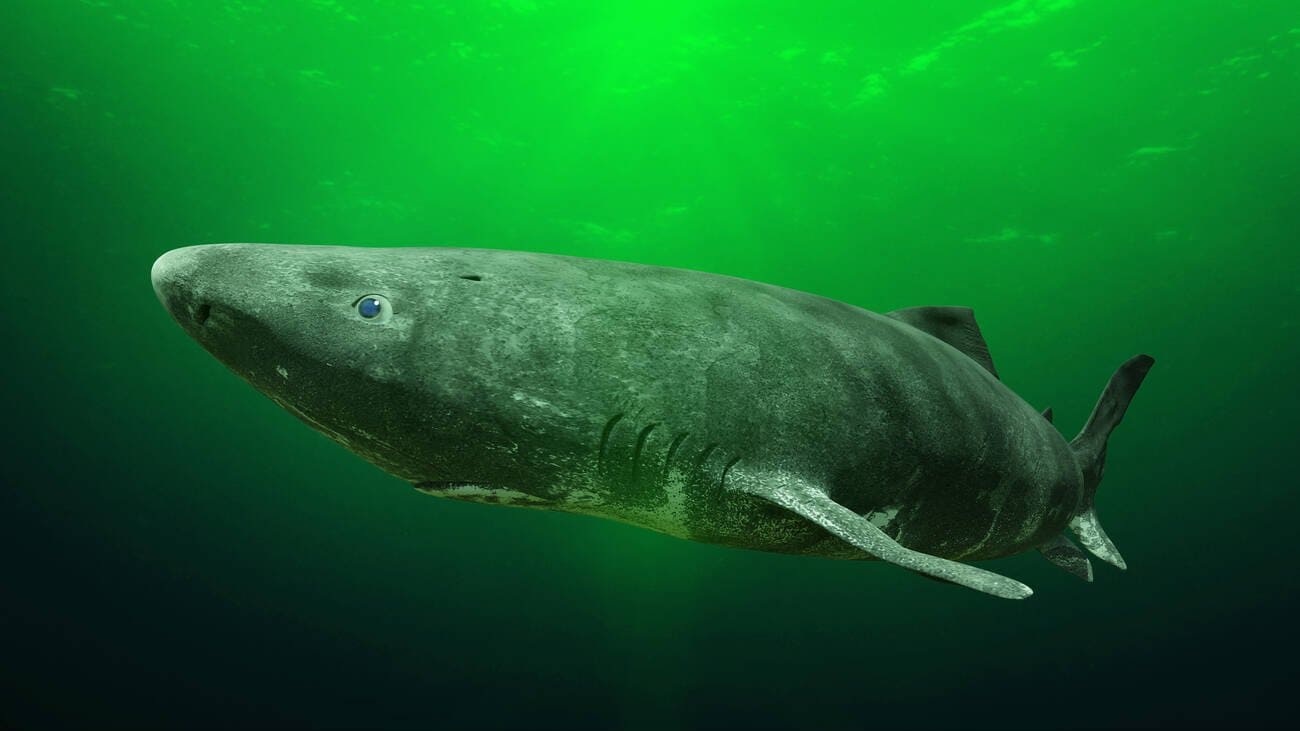
6. Greenland Sharks
Average Lifespan: 300 to 400 Years
Sadly, Greenland Sharks used to be caught for food at a massive rate. By the 1900s, around 30,000 Greenland Sharks or “Grey Sharks” were caught annually. Today, they are not intentionally targeted very often. They are relatively endangered today, however, they are targeted at times by those from Greenland and Iceland. The funny thing is that Greenland Sharks have poisonous meat to humans and other animals.
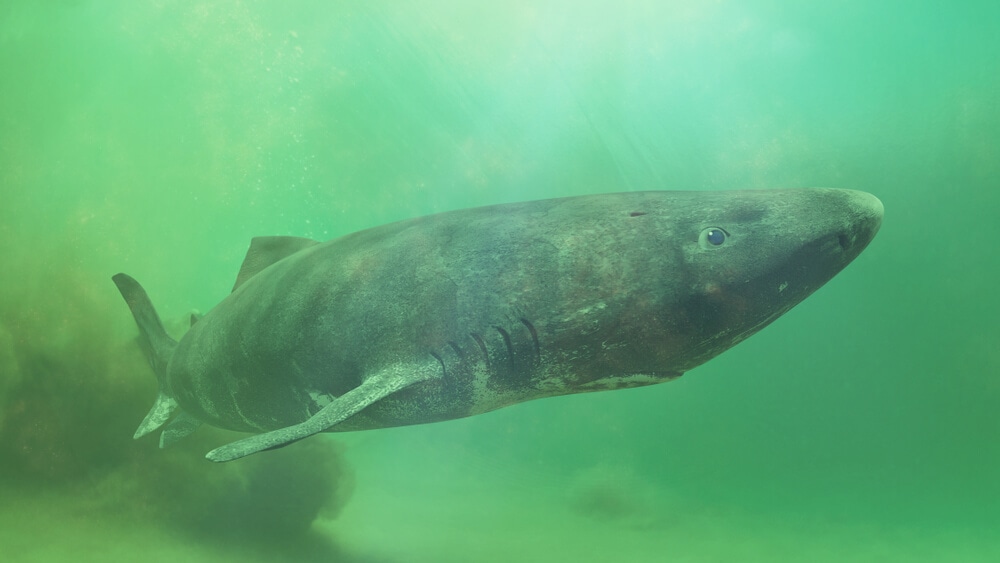
This has pretty much meant that only humans have been natural predators. The poison they have is technically a neurotoxin and those who plan to eat the meat have to leave it hanging for 3 to 5 months to virtually remove the neurotoxin. Despite this, Greenland sharks are one of the longest-living animal species in the world and THE longest of any vertebrate species. They tend to live 300 to 400 years on average. However, the oldest is said to have made it to over 500 years of age!
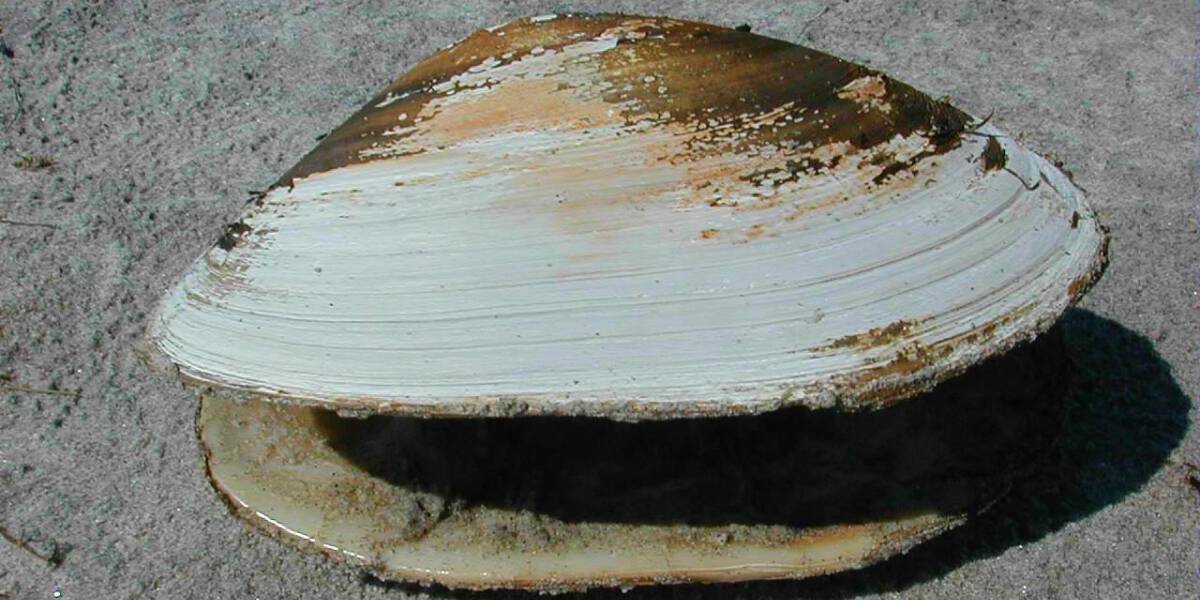
5. Ocean Quahog Clam
Average Lifespan: 350 to 400 Years
The Quahog Clam is not just the name of the bar you see Peter and the guys drinking at on Family Guy. It’s also one of the longest-living animal species on the planet today. It’s actually an editable clam, also known as a mollusk, infamous for its very large shell.
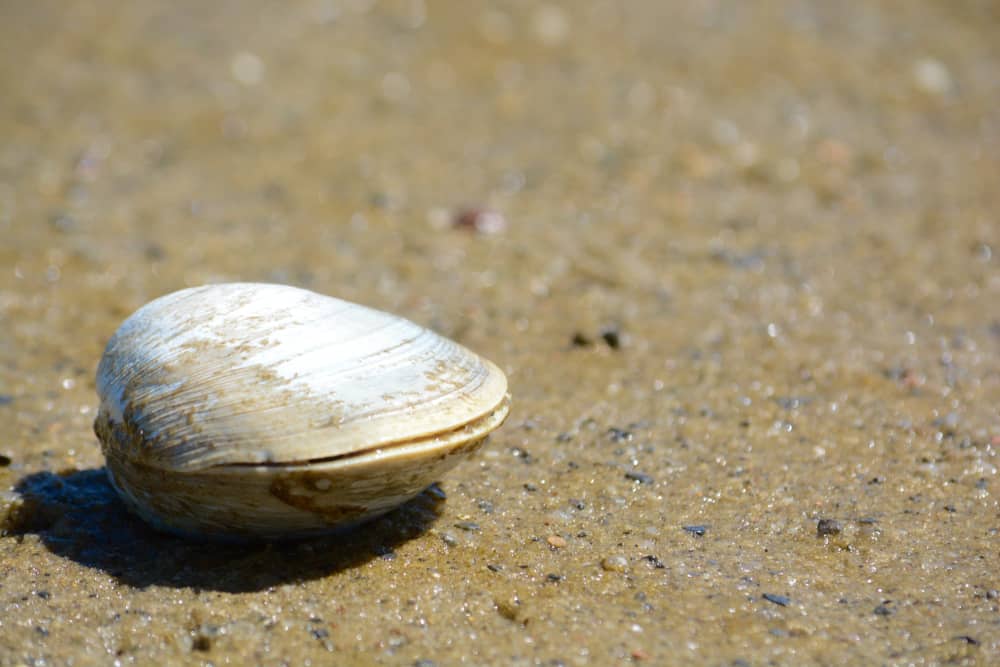
They have an incredible lifespan that can be put up against most animal species today. The clam makes it to around 400 years of age on average, with many being able to live longer. It is rare that we see many live to such an age due to them being hunted so often by humans. In fact, the oldest on record reportedly lived to 507 years of age! Thus, they have the potential to age a lot if left alone.
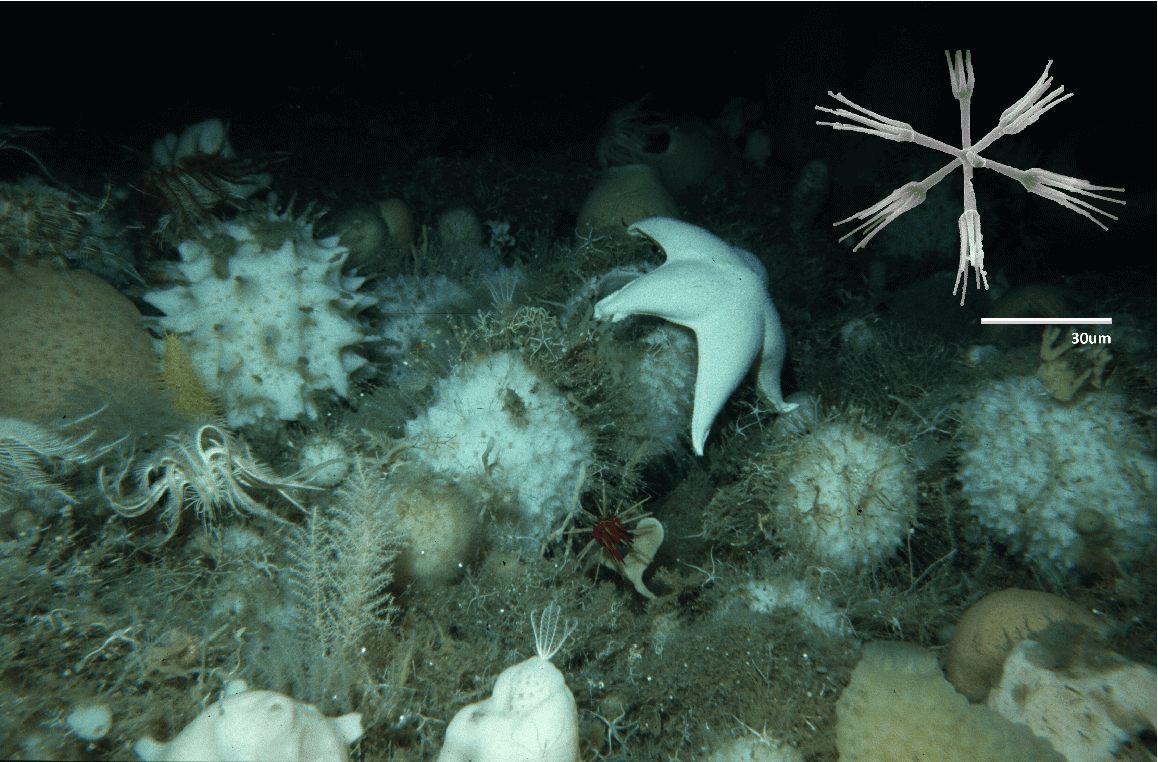
4. Antarctic Sponge
Average Lifespan: 1,500 to 3,000 Years
Sponges that you have in your kitchen or bathroom are by no means the type of sponges you see in the sea. In fact, those are often made in factories and have no actual connection to a living sponge. The kind of sponges that are living beings can be found all over the world, in every single ocean. However, only one can live longer than every single war in world history, combined.
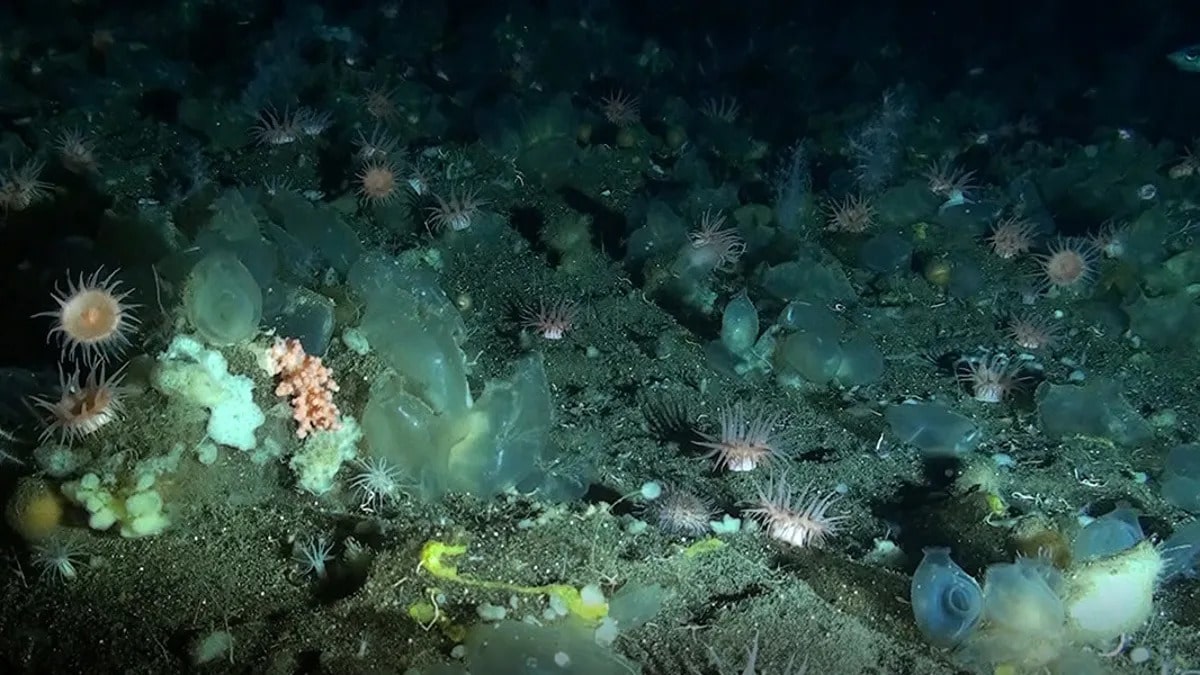
Known as the Antarctic Sponge, it is located obviously in the Arctic Ocean. While several species of sponges can live for long periods, they have nothing on the Antarctic Sponge. They have an incredible average lifespan of 1,500 to 3,000 years. Yet there are actually several that have managed to live up to 10,000 years! This is quite a gap in age but without any true predator, they have never really been at much risk. Thus, the age has been able to increase at amazing rates.
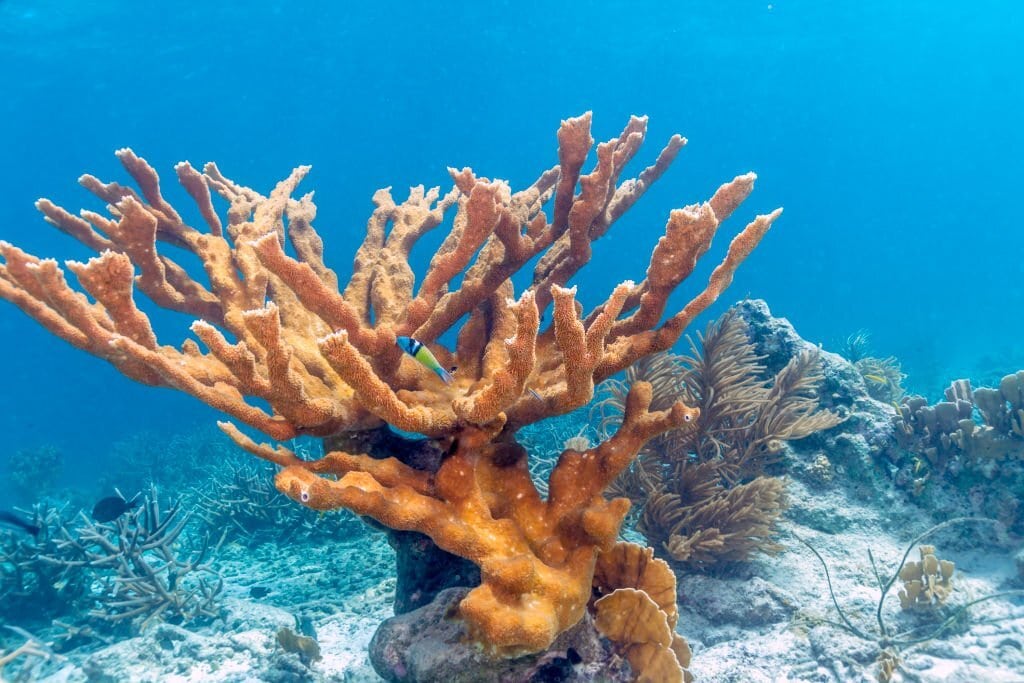
3. Acropora Palmata (Elkhorn Coral)
Average Lifespan: 3,000 to 5,000 Years
One of the longest living animal species in history is known as an Acropora Palmata. This species is obviously not like other animals on this list. It even differs from the tubeworms highlighted earlier too. The species is a prominent reef-building coral found in the Caribbean. While current populations are still in recovery over a white band disease outbreak, the coral is still doing quite well.
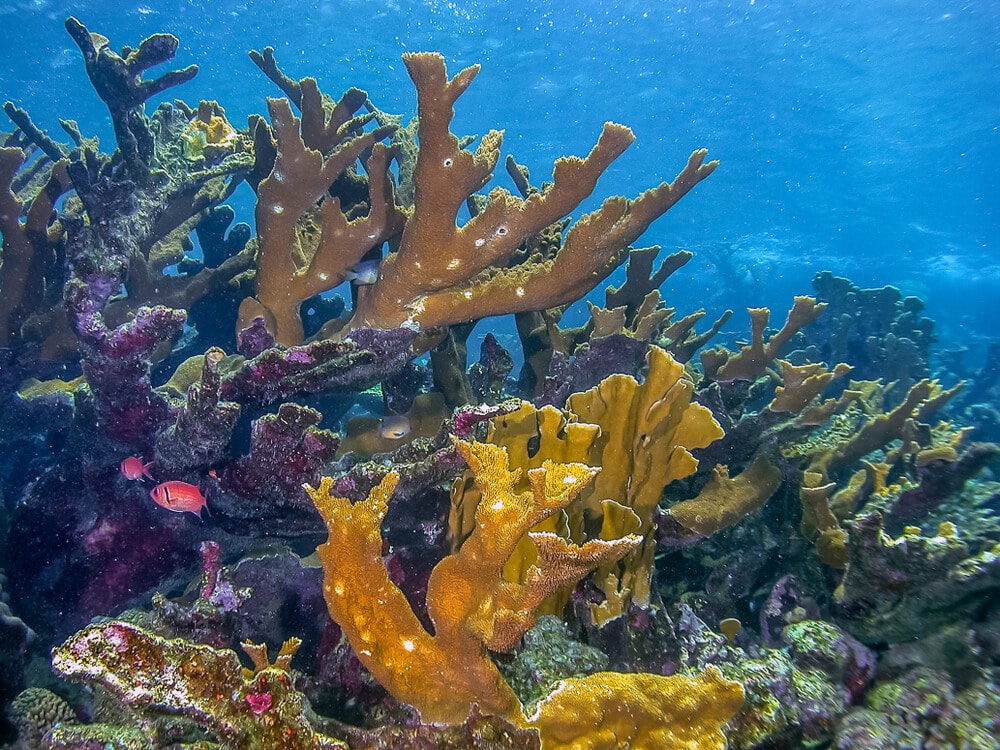
The species is often referred to as Elkhorn coral due to its large branches and overall coral structure looking exactly like that of elk horns. It is a huge asset to the overall ecosystem. The coral’s branches are the home of several reef species animals like lobsters, snapper shrimp, and parrot-fish. This is not to mention the various other reef fish. Due to its clear need, the species has evolved to live long periods. The lifespan for Elkhorn coral averages between 3,000 to 5,000 years!
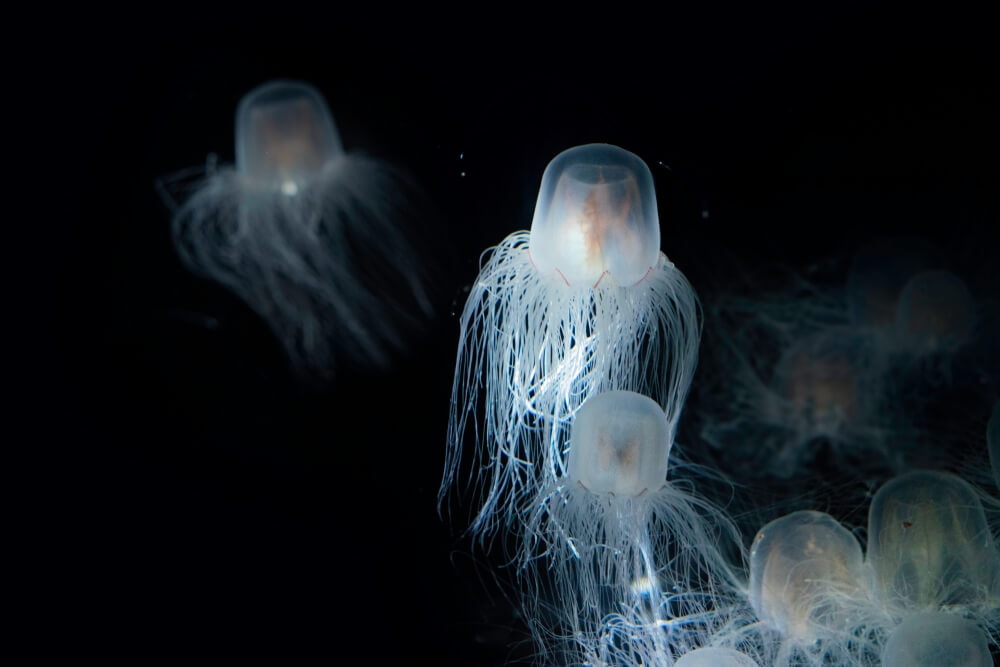
2. Turritopsis Dohrnii Jellyfish (Immortal Jellyfish)
Average Lifespan: Endless Unless Hunted
The animal species known as Turritopsis Dohrnii is a jellyfish that ranks as one of the longest living animal species on the planet today. Known to most of us as the Immortal Jellyfish, it has gotten this name thanks to its impressive lifespan. One thing we should make sure to note is that this jellyfish can and has died in the past. However, this only happens after notable injuries or being hunted.
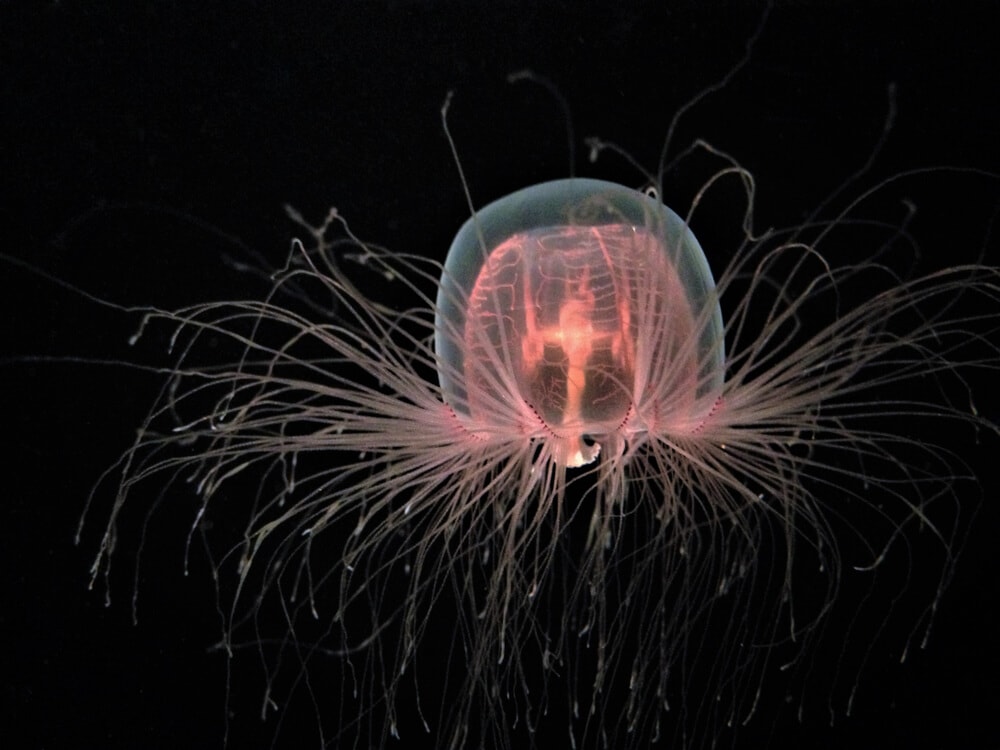
The way it lives for such a long period of time is that it reverts back to its earlier state of life. Seriously, it can reverse its age like some sort of real-like Benjamin Button sort of thing. However, this jellyfish is often hurt or killed, so it can never live out a life surpassing what science can comprehend. Yet due to how it operates, if kept in captivity, it could survive an unlimited period of time. Perhaps thousands of years longer than any other animal here.
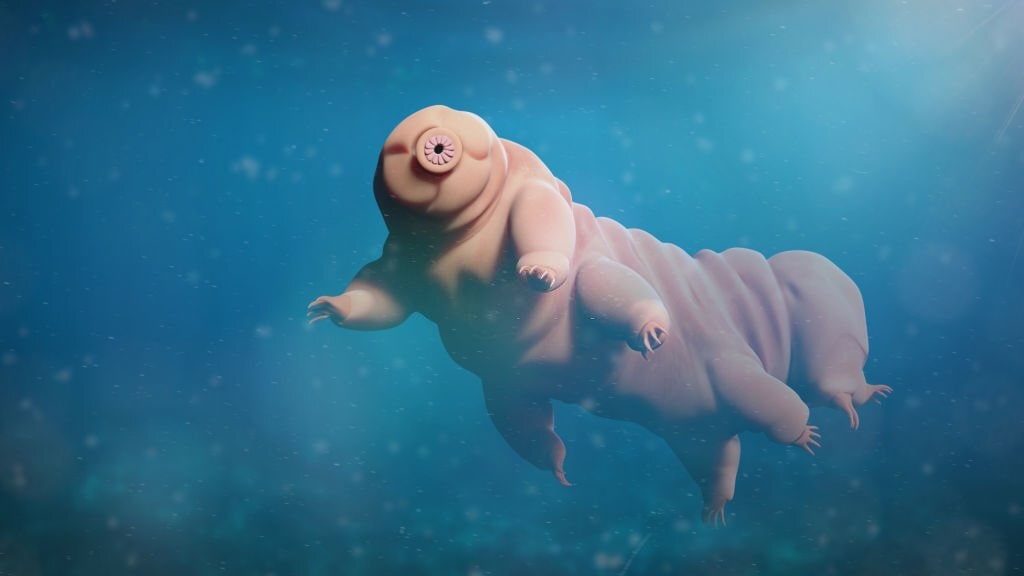
1. Tardigrades
Average Lifespan: Whatever It Feels Like
For those unaware of what Tardigrades are, they are what is known as micro-animals. This means you likely will never come across them in the wild, even if you’re literally standing right next to one. They are actually found all over the place from mountains to the deep sea and even mud volcanoes! You can even find them in tropical rainforests and the Antarctic of all places. It’s not hard to see why science calls them the most resilient animals ever known.
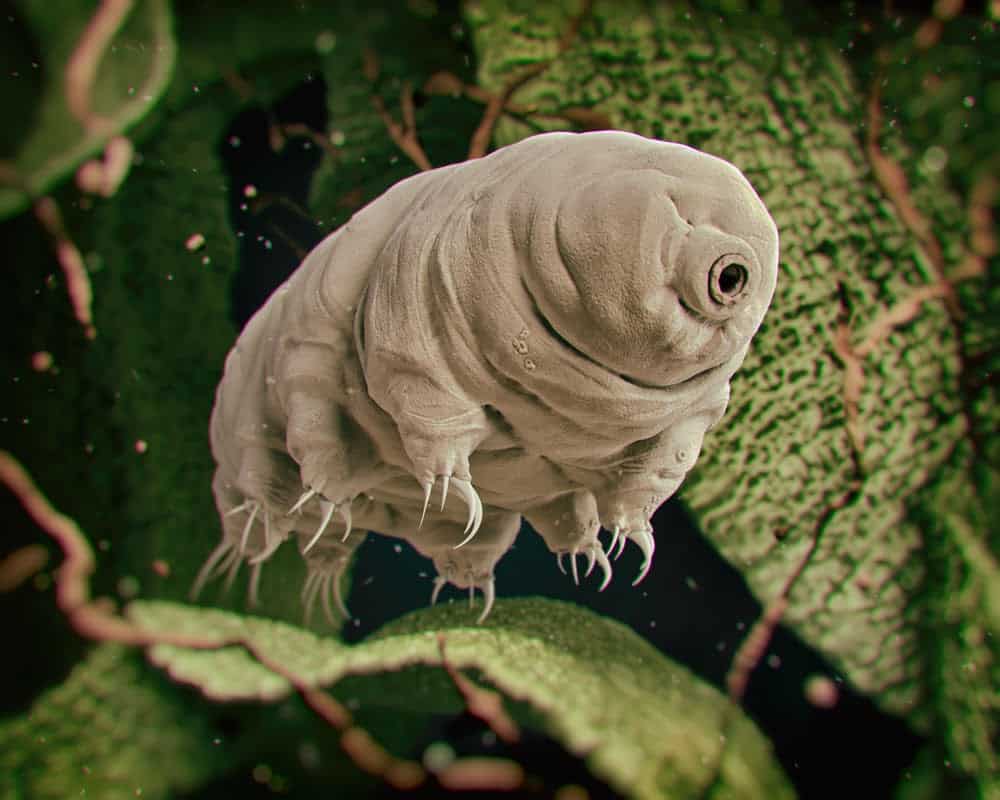
This species can survive extreme temperatures of either heat or cold as well as extreme pressures, both high and low. They’ve even survived mass radiation exposure! They can survive without food, water, air, sleep, and have even survived in outer space. You can trace them back as far as 530 million years! Tardigrades are not one of the longest-living animal species in the world, but THE longest-living. It’s unknown how long they can survive. Most believe they live as long as they choose to.

